I have always liked abandoned Japanese schools. Not only they are sleeping beautifully far away in forgotten countrysides but they are also the cradle of the Japanese soul.
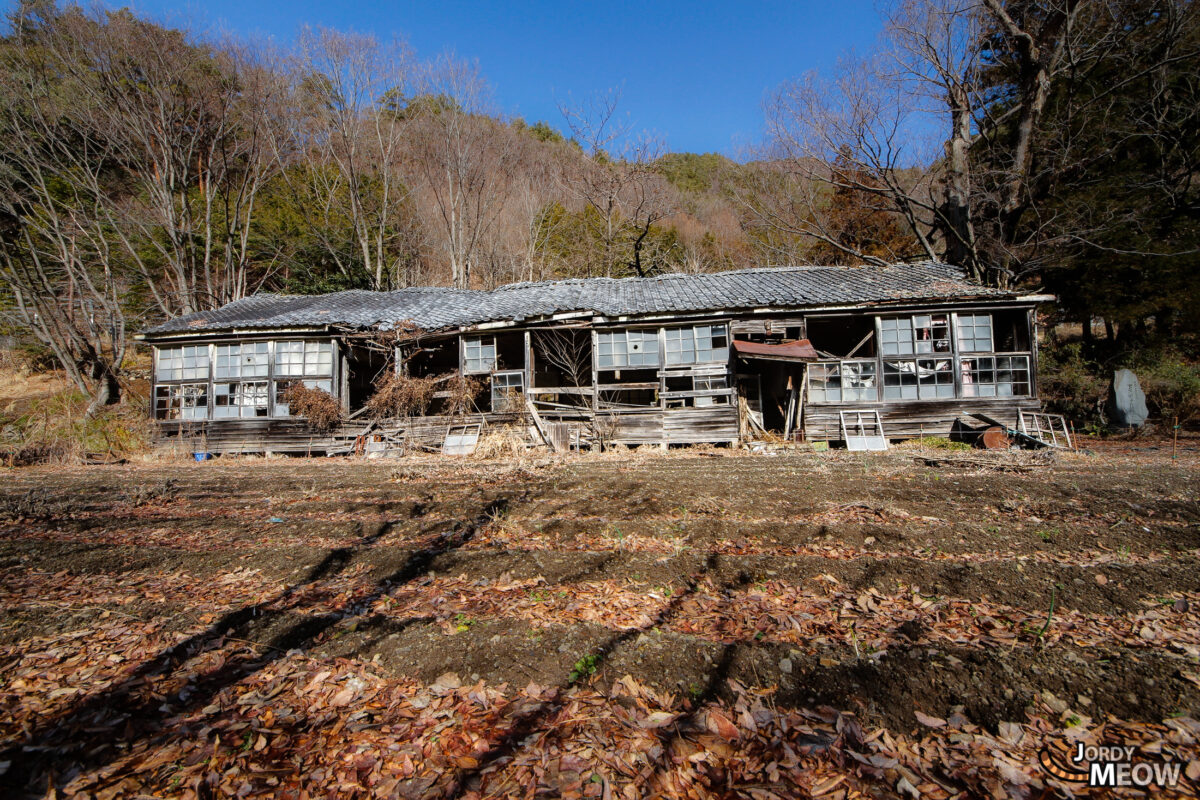
Those wooden schools were built before World War 2 and some of them are even from the Meiji Period. Today, most of them had to close since the number of young people went down really bad in small villages. There are now thousands of these schools all over Japan.
The way those little schools work represents still well today’s Japanese society. I will introduce the education system a little bit through interesting details and of course many photos.
The Japanese School
Students go to school on foot, sometimes with their mothers. In Japan, there is no school bus and most of the time it is forbidden to go to school by bicycle, especially in the cities.
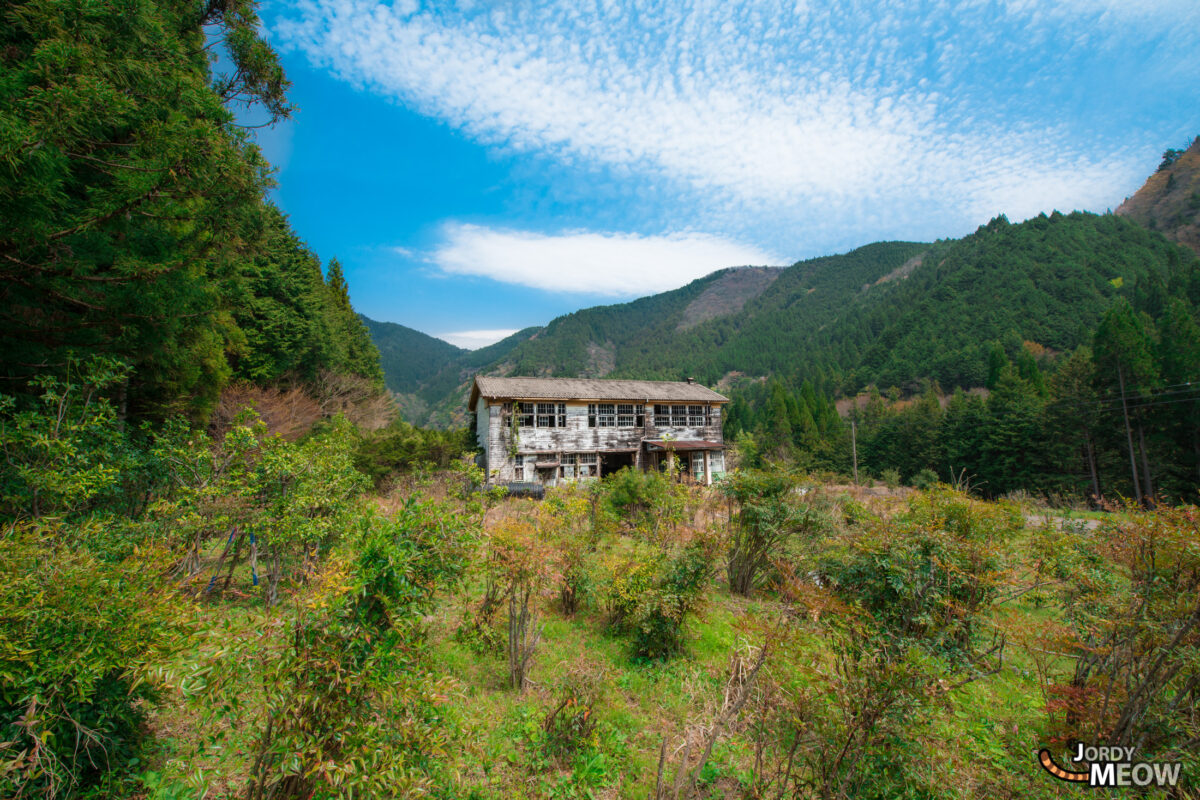
Students all have very similar schoolbags, either bought or inherited from the family. Beware: those schoolbags must not be held by the mothers. In Japan, the kids must do everything by themselves. In China for example, it is the contrary and common sense to help the little kids holding their big schoolbags.
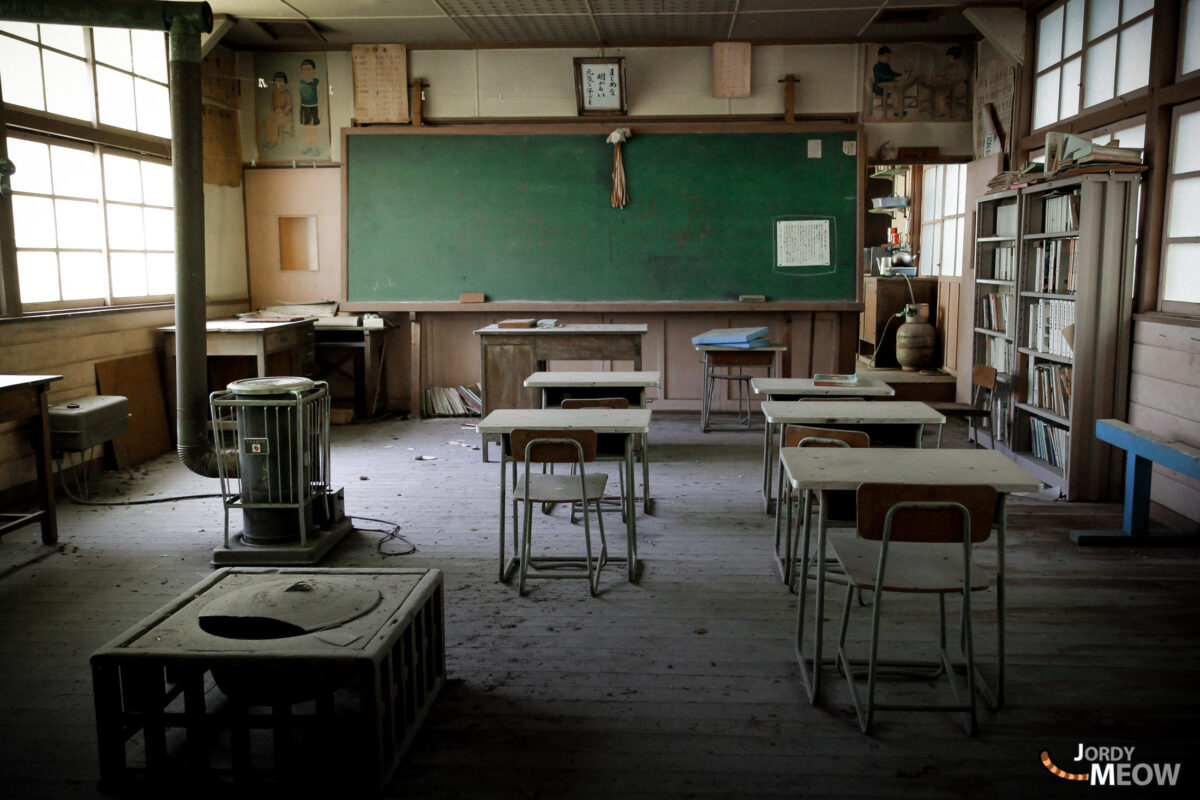
The very first day at schools are dedicated to how to behave in class. The students learn how to set-up theirs books and pencils on the desk, to stand-up and sit down, to take notes and ask questions. It’s only once everything is very well understood that the real classes can start.
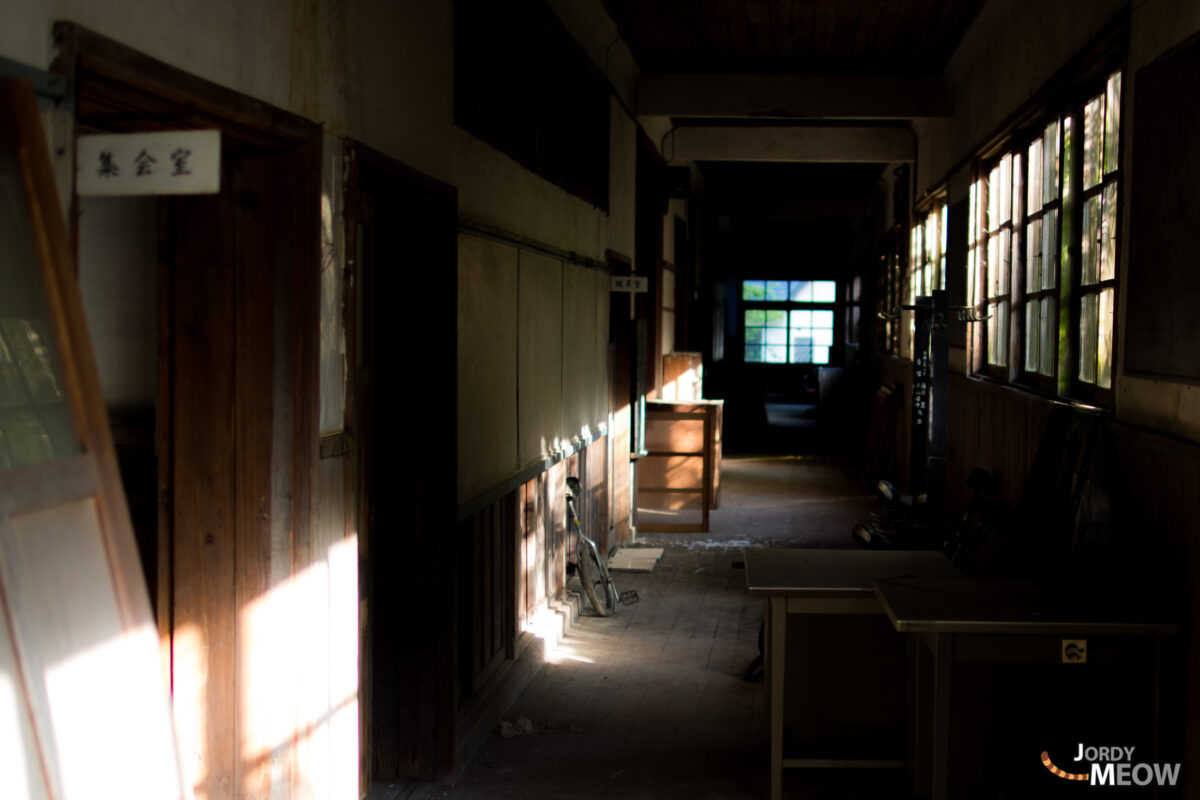
Each class lasts 50 minutes with a break of 10 minutes at the end. The students don’t have to move to one room to the other, only the teacher move. There is no longer breaks than those with the exception of the lunch break.
In front of the schools, you can almost always find a statue of Ninomiya Sontoku, a philosopher and economist from the Edo Period. He is not a student, obviously, but he was known to study constantly.
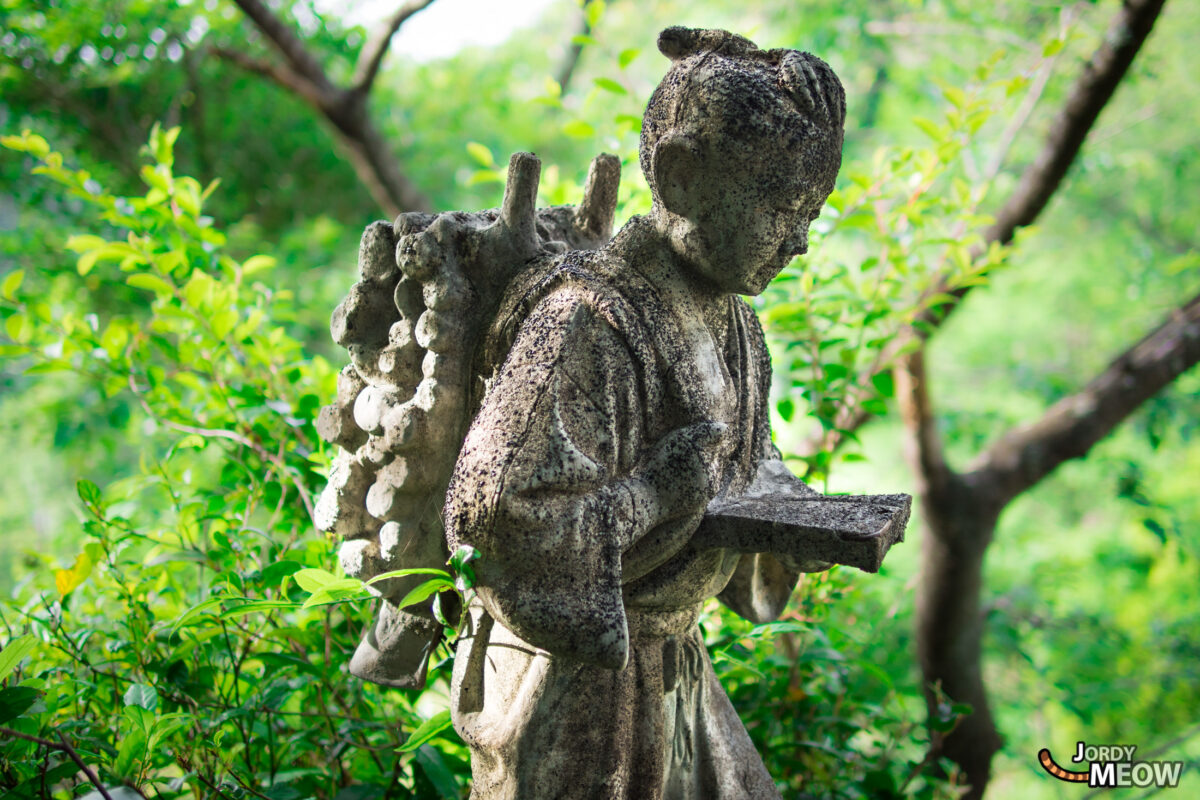
He was studying and working every day in order to feed his baby brother and mother. Soon he became the great master Ninomiya Sontaku of Odawara. Yes, a nice guy!
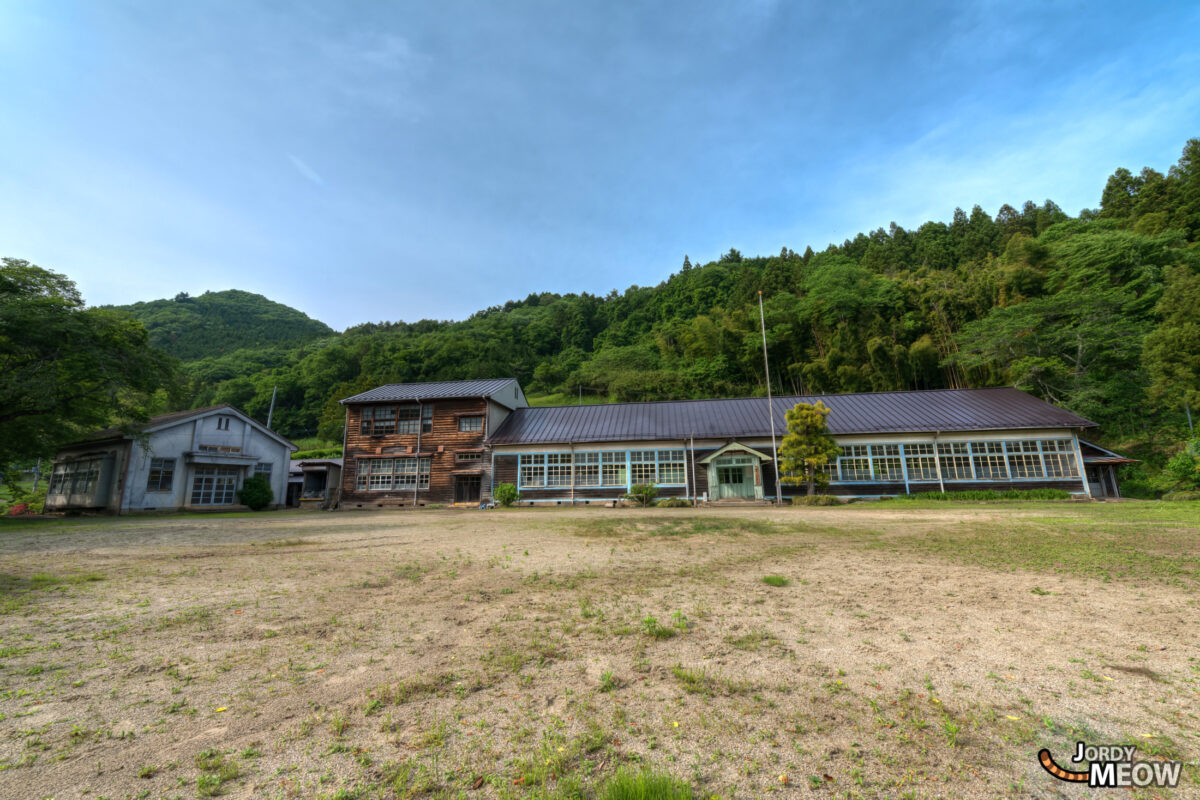
The classroom is intimately linked to the ~ 40 students who are going to study there for one year or two years. It’s called the kumi.
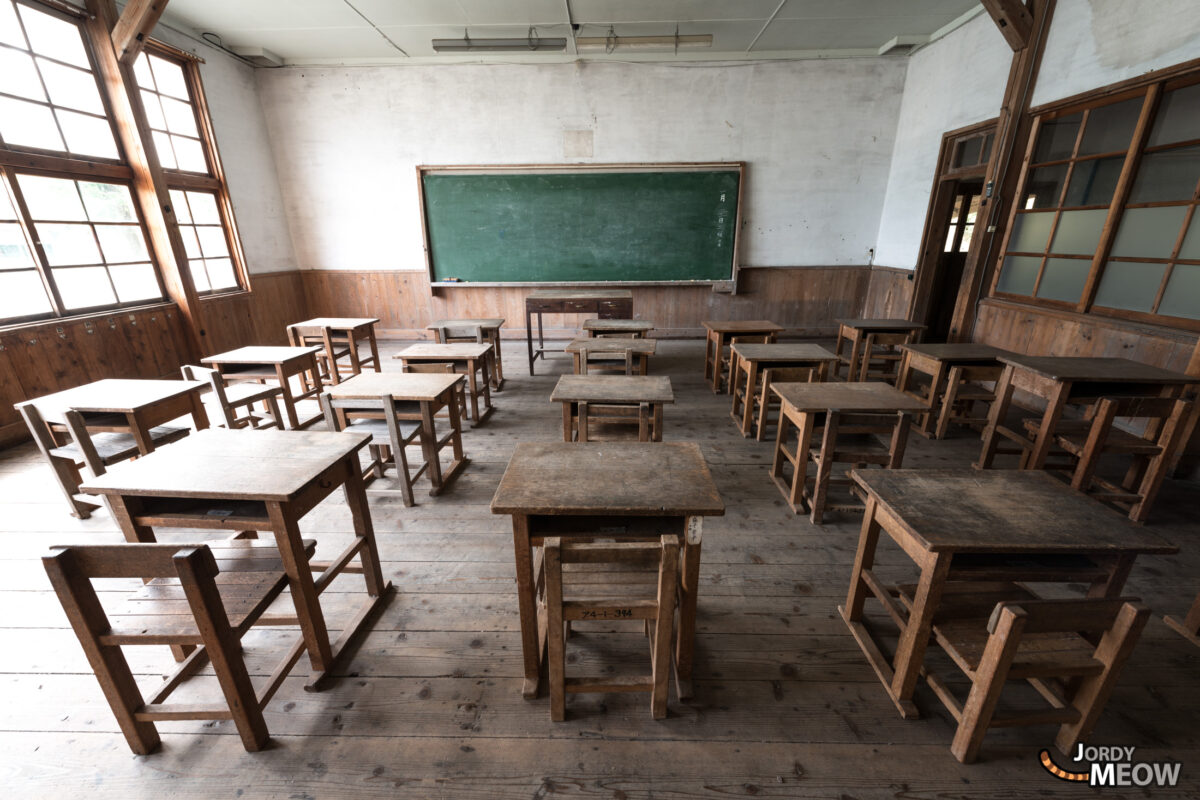
The positioning and layout of the class is entirely up to the teacher. That avoids all the fights we always have to be in the back of the classroom like in France 😉
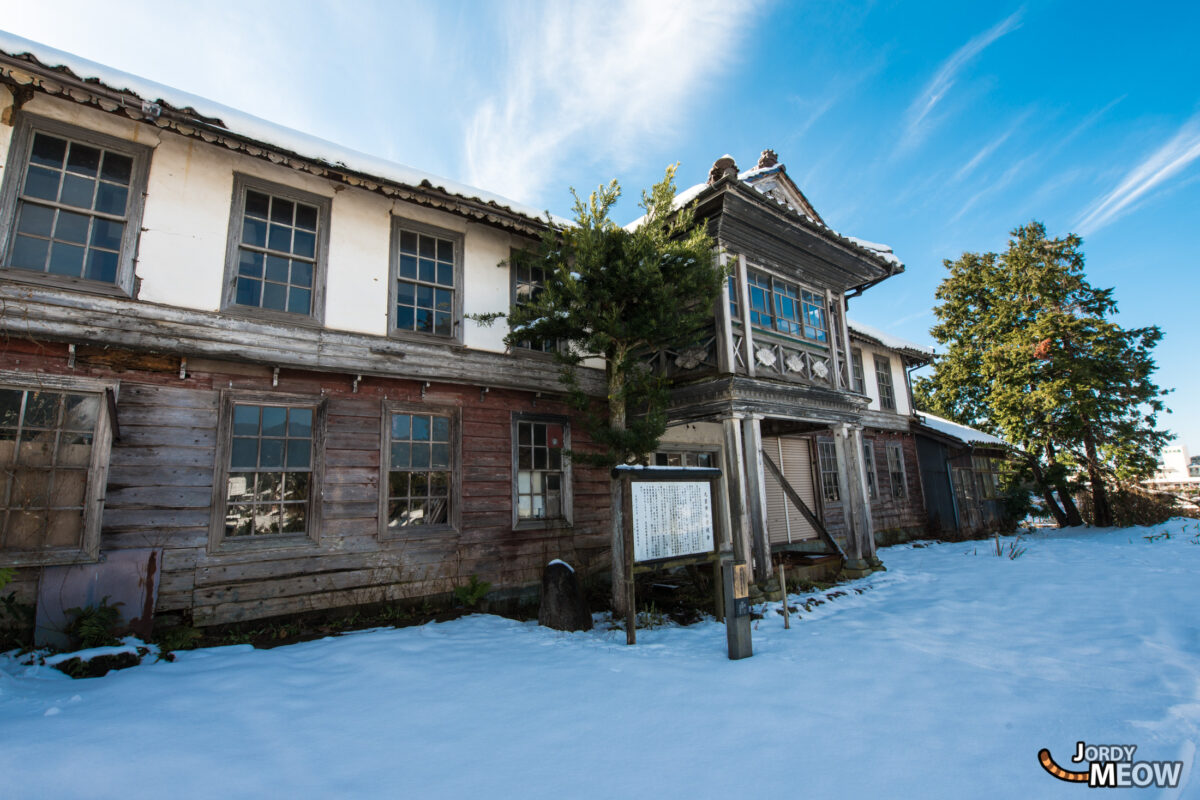
Most of the students are completely silent during the whole class. In theory, it’s possible to stop the teacher in order to ask a question but usually nobody dares doing it.
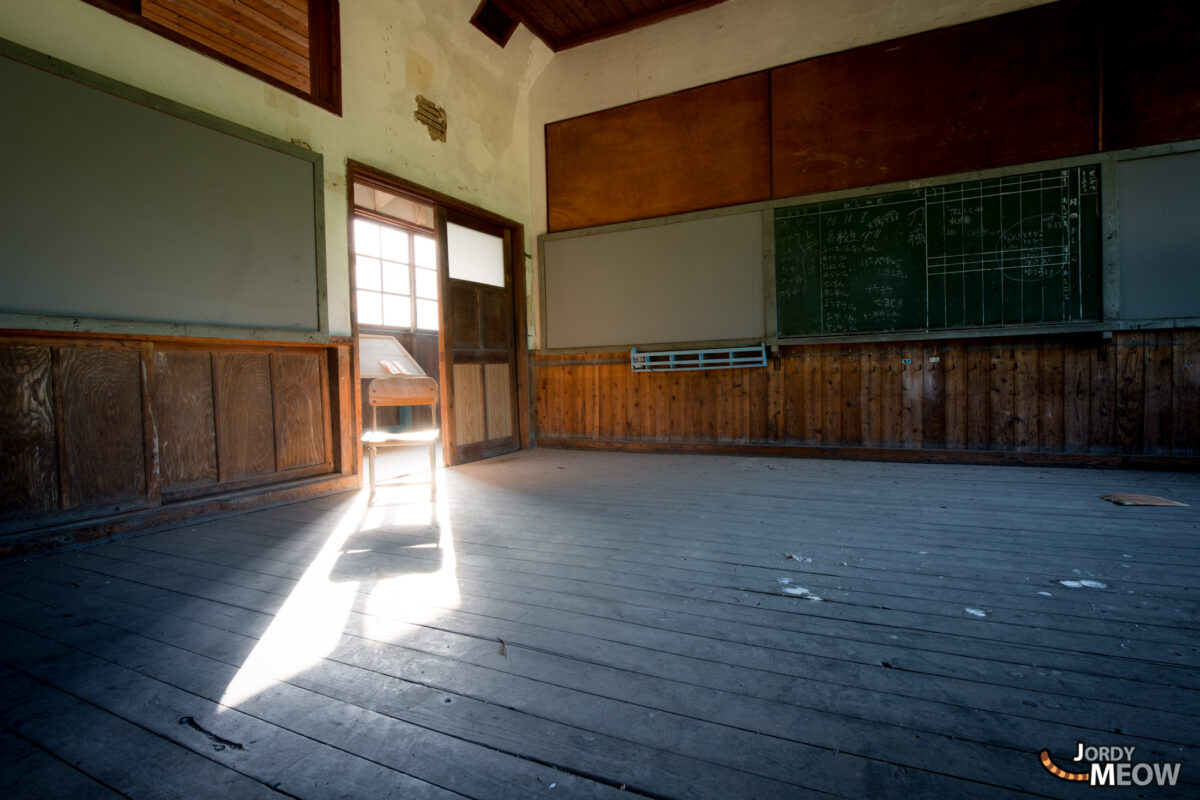
Therefore, the teacher comes in the classroom and gives a lesson of 50 minutes without stopping. For the students in difficulty, there is always the possibility of staying at school for more classes at the end of the day. They are called Juku.
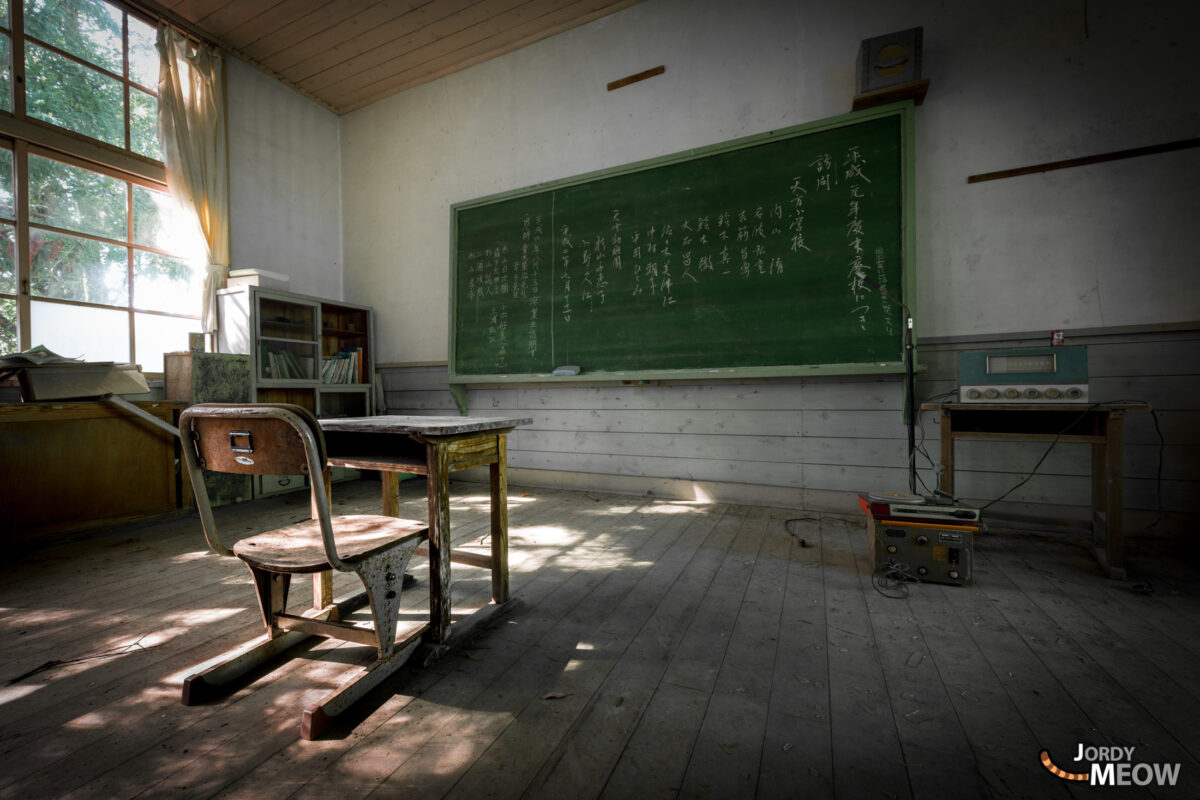
The abandoned schools in Japan are exceptionally clean. The students are responsible for cleaning the school so maybe are they still coming and performing their duties?
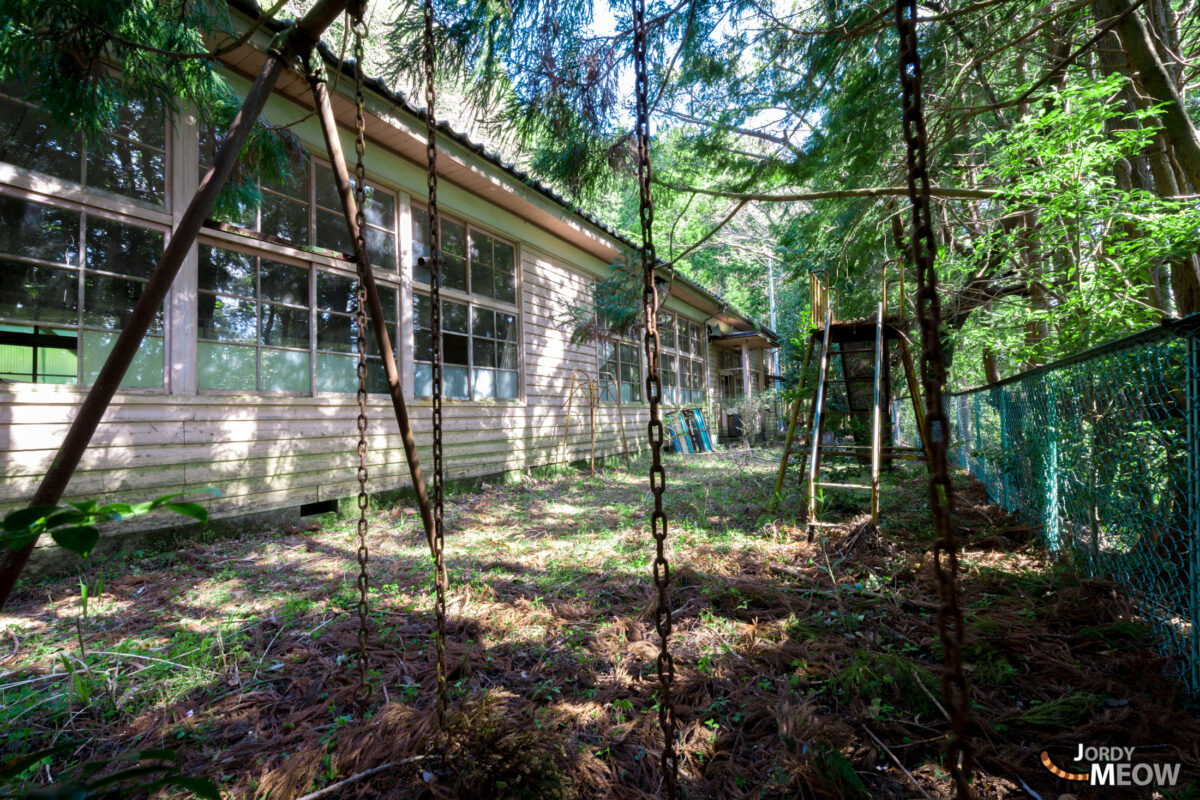
The school is responsible for the behavior and appearance of the students inside the school but also outside of it. The teachers are going around the village to make sure of it.
They sometimes visit the parents in order to make sure they give the appropriate education to them.
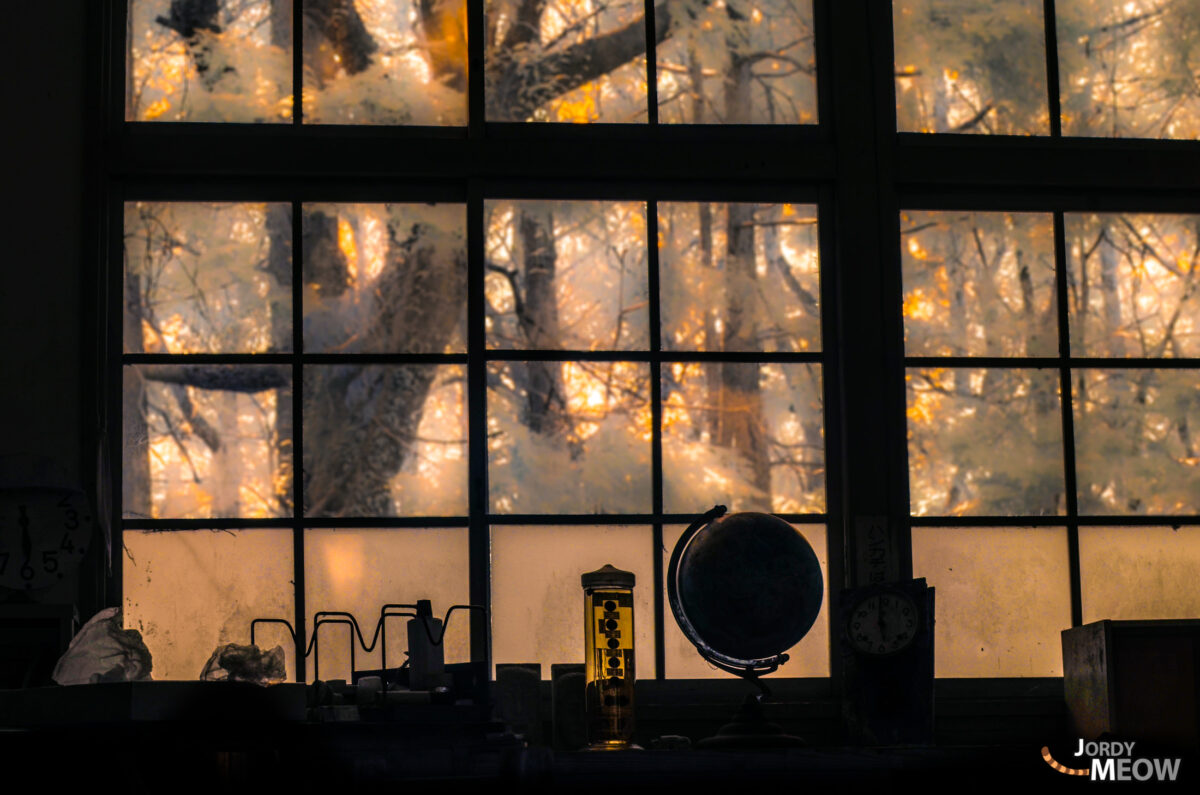
The lunch is eaten in the same classroom. If it is a large school then there might be a kitchen where the dishes are prepared. Otherwise, the students have to bring their own bento.
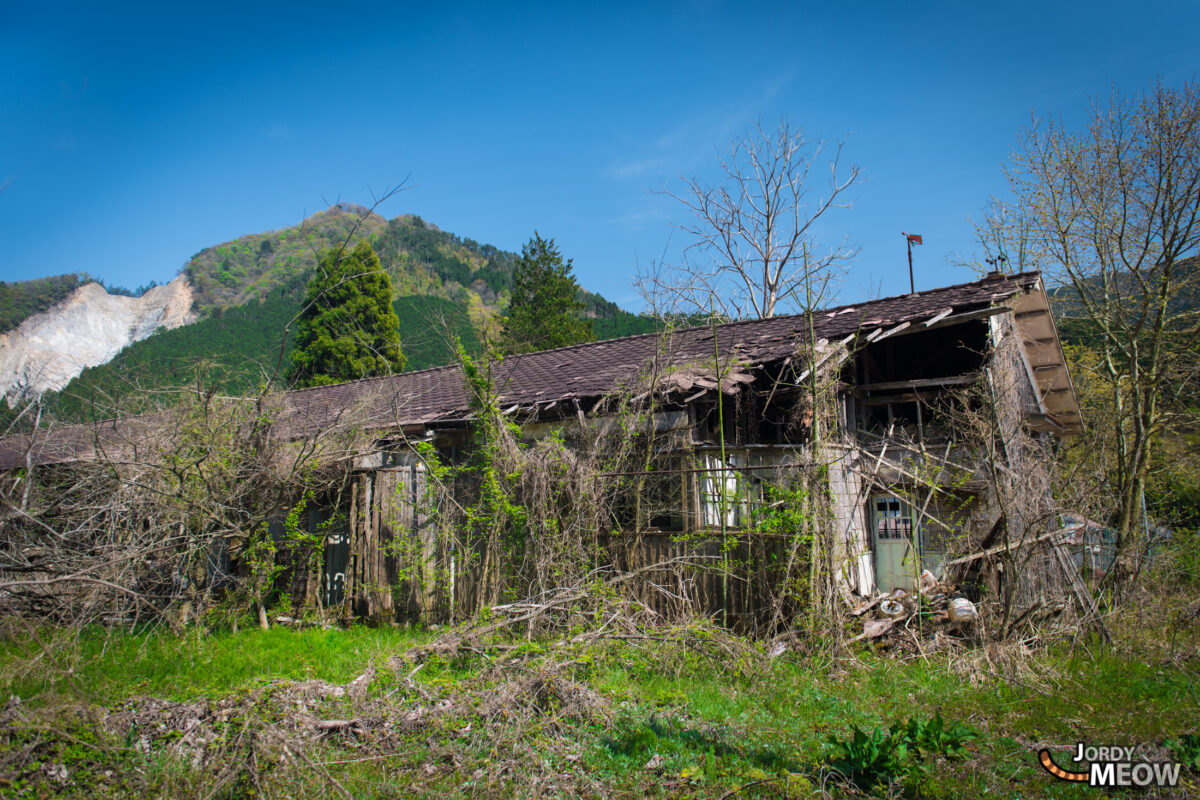
The teachers inspect the students thoroughly, the nails and make-up included for the girls. However, their sense of hygiene has an interesting paradox: in primary school, the students don’t take a shower and sometimes keep the same clothes.
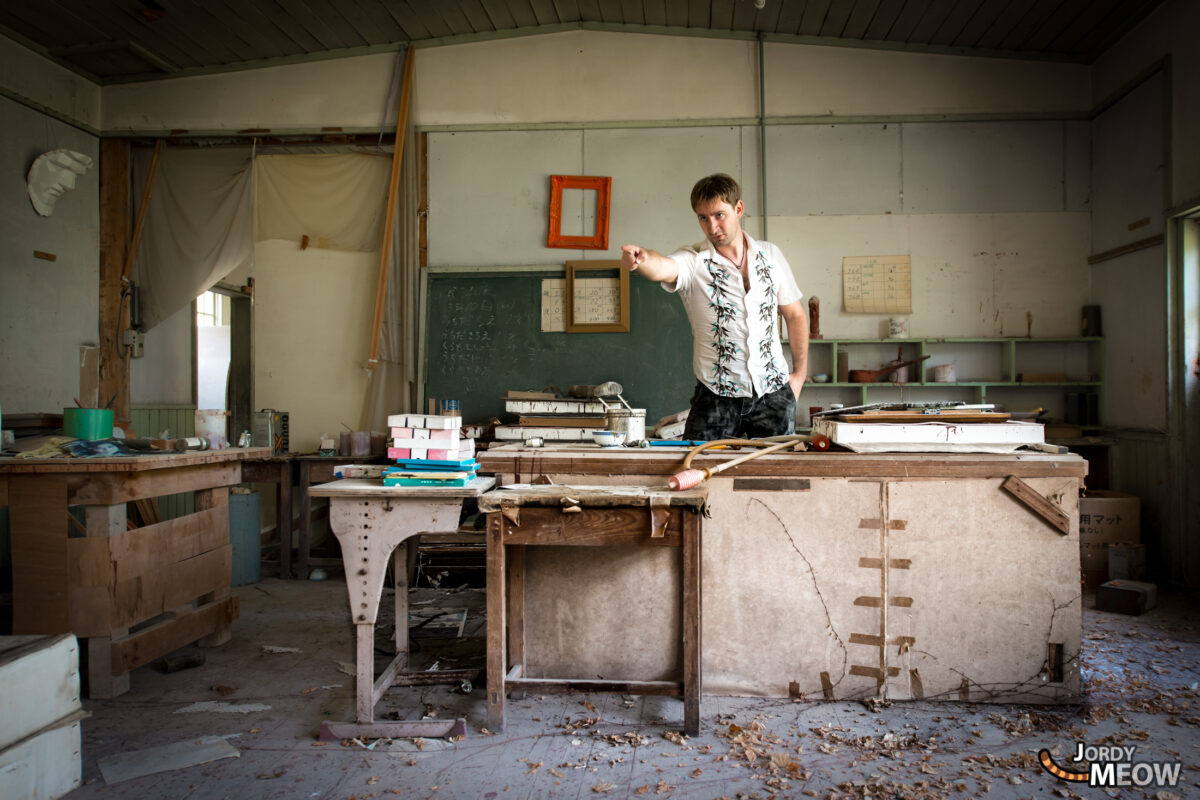
Japanese education doesn’t leave much room for individualism. The students can therefore only express their individuality through hobbies such as music, poesy or sports.
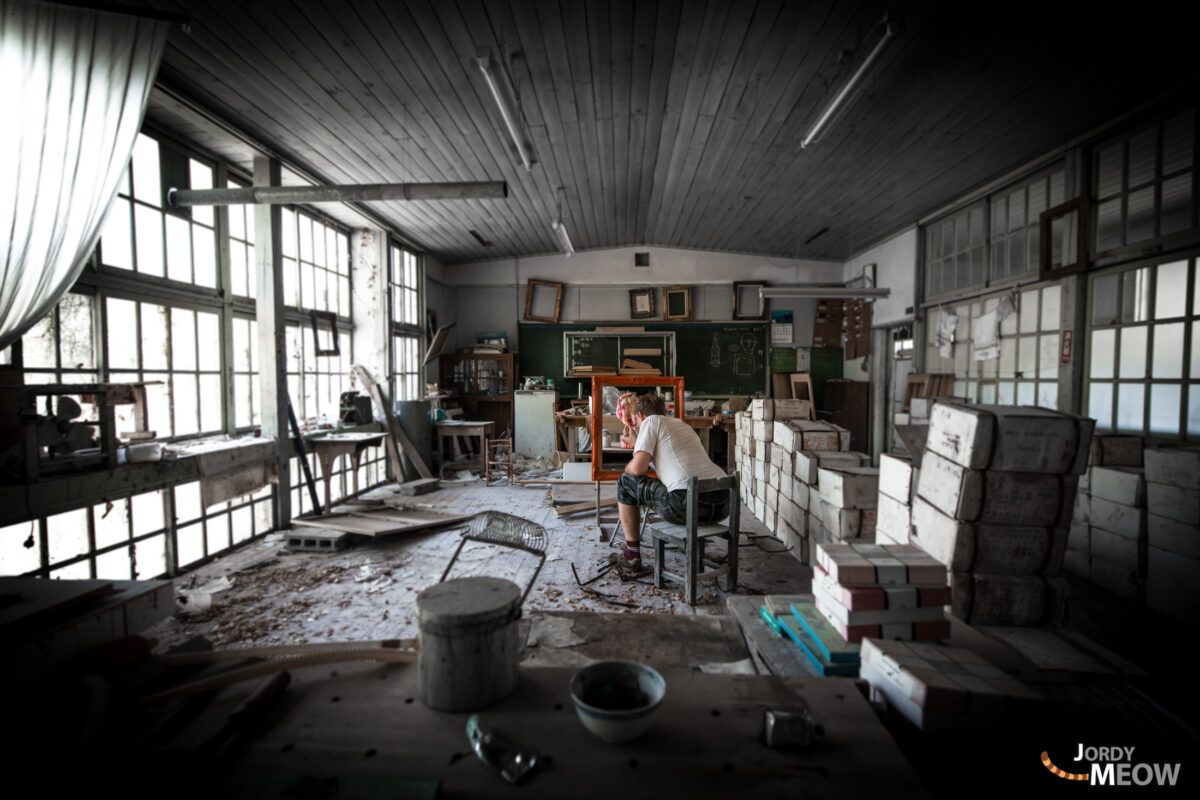
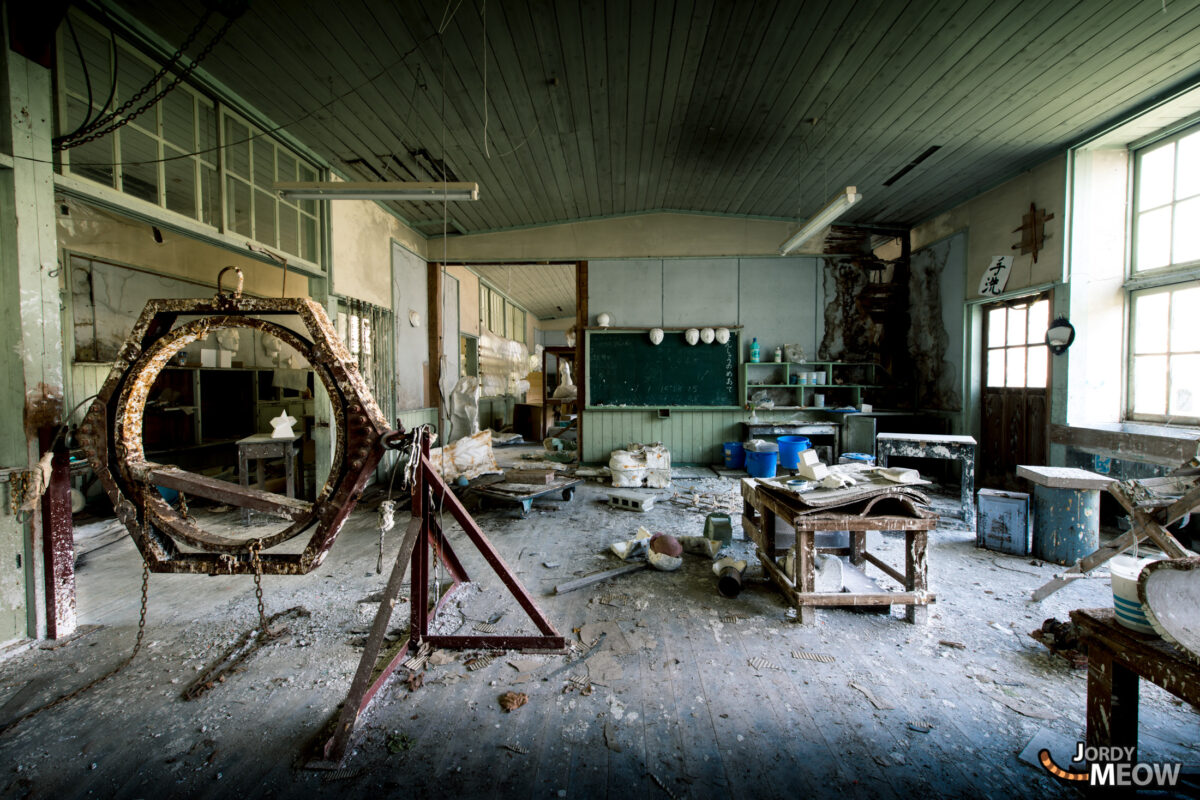
出る釘は打たれる。
The nail that sticks out will be hammered down.
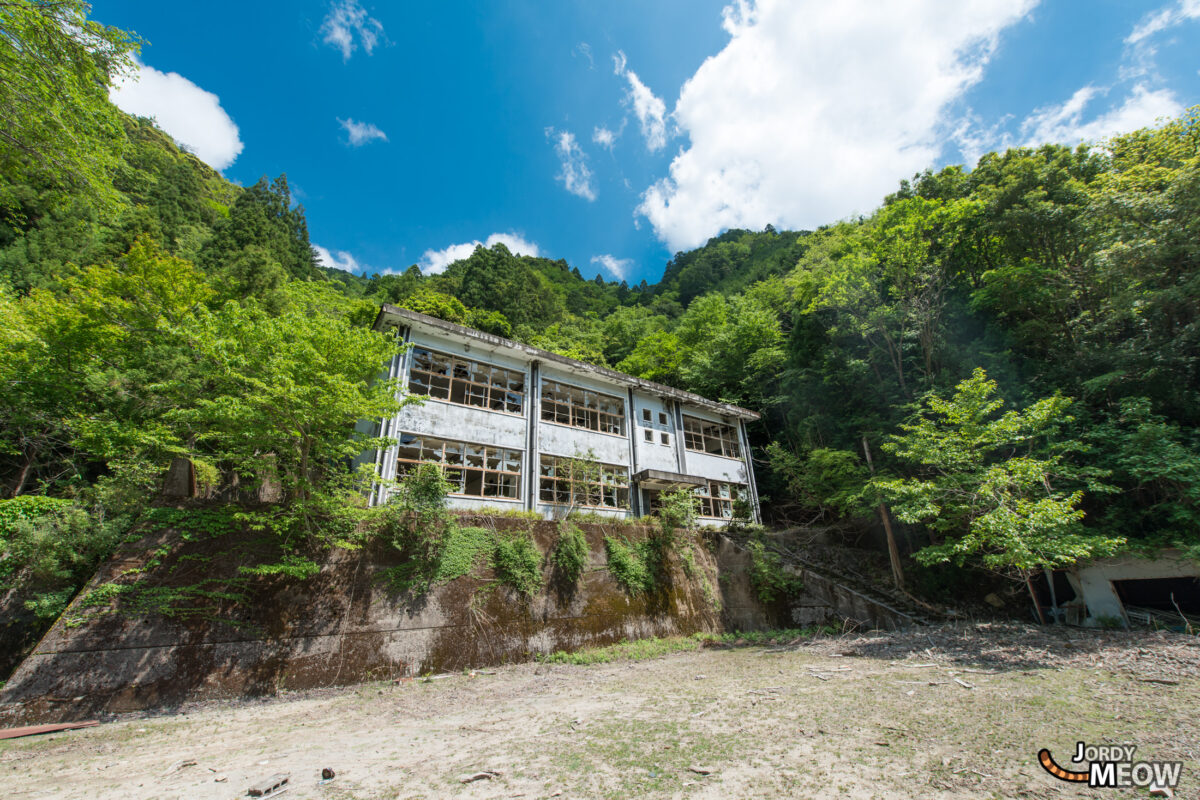
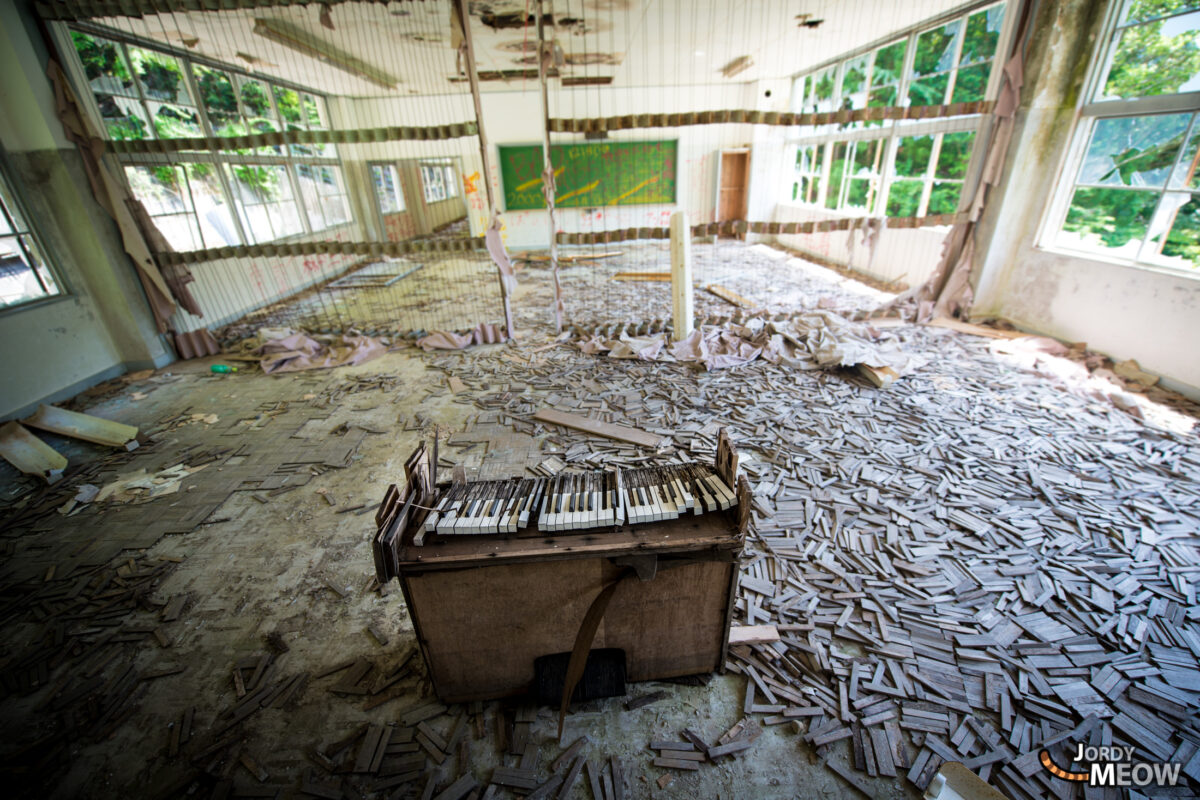
North Korea in Japan
Incredible but real: there are also North-Korean schools in Japan. Those two here are abandoned but there are still many in activity in Japan and there is even a big North-Korean university in Tokyo. But what are they doing here?
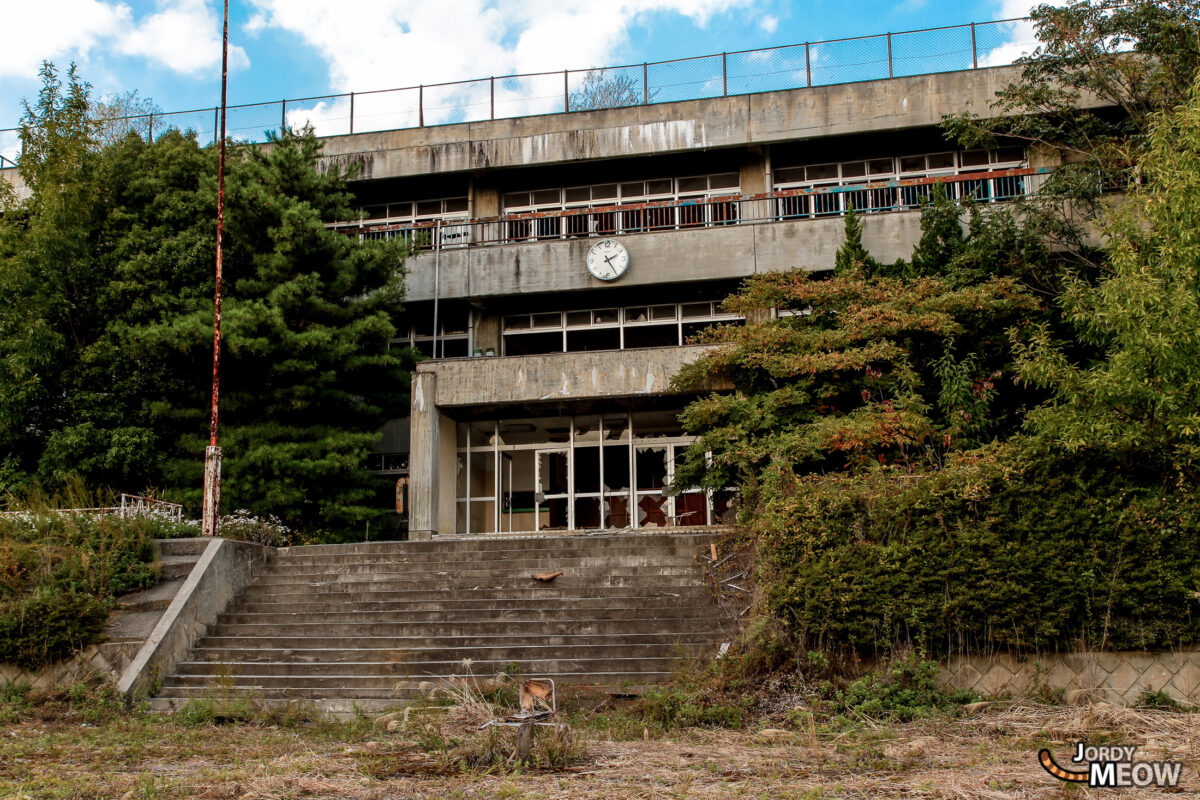
Japan occupied Korea for 40 years before World War 2 and during this time a lot of Koreans migrated to Japan. After the defeat of Japan, those Koreans got their nationality back and became Koreans national, with a right to stay on the Japanese territory.

In 1965, Japanese recognizes South Korea as a legitimate government and the Koreans in Japan can pick this new South-Korean nationality. Those who don’t do it become automatically North-Koreans since there is no Korea (Joseon) anymore.
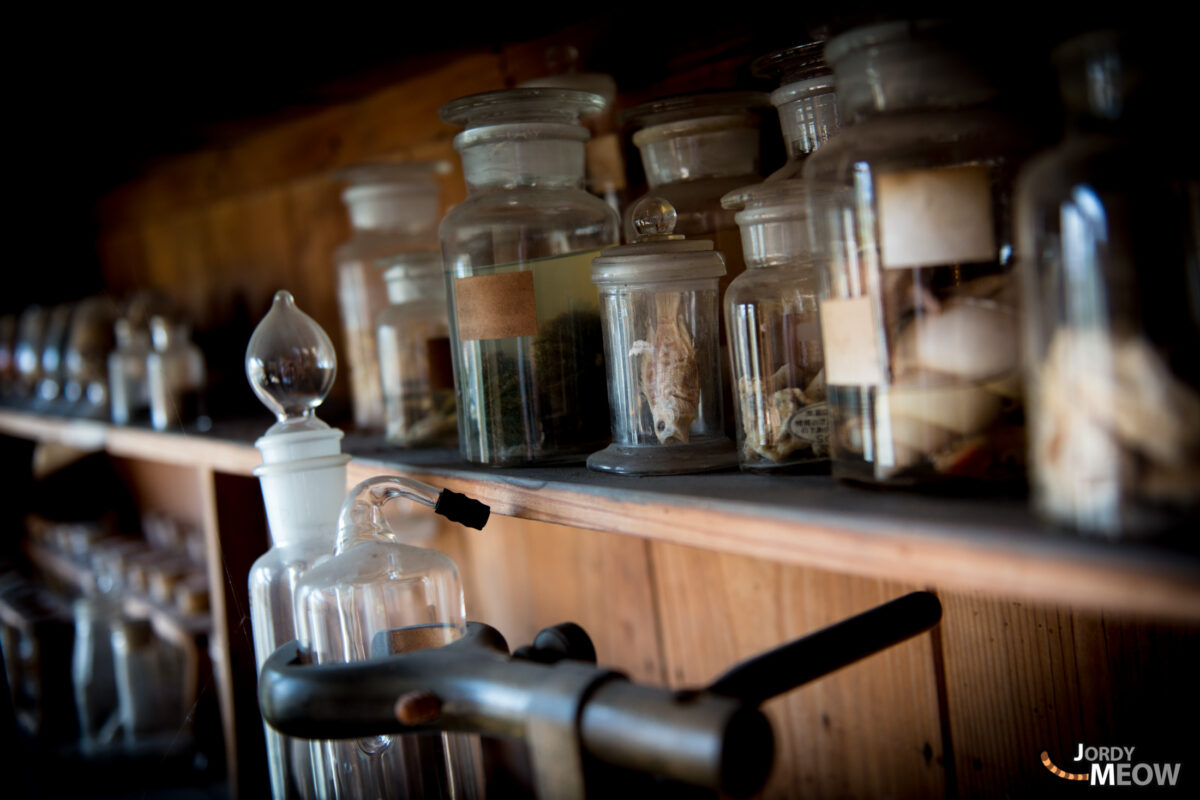
The North-Koreans are usually proud of their Korean origins and has many differences with the new Americanized South-Korea. They decide to build their own school through the Chongryon association and financed by the Pyongyang government. They use books from North-Korea and they have, of course, the photos of the Dear Leaders displayed in the classroom.
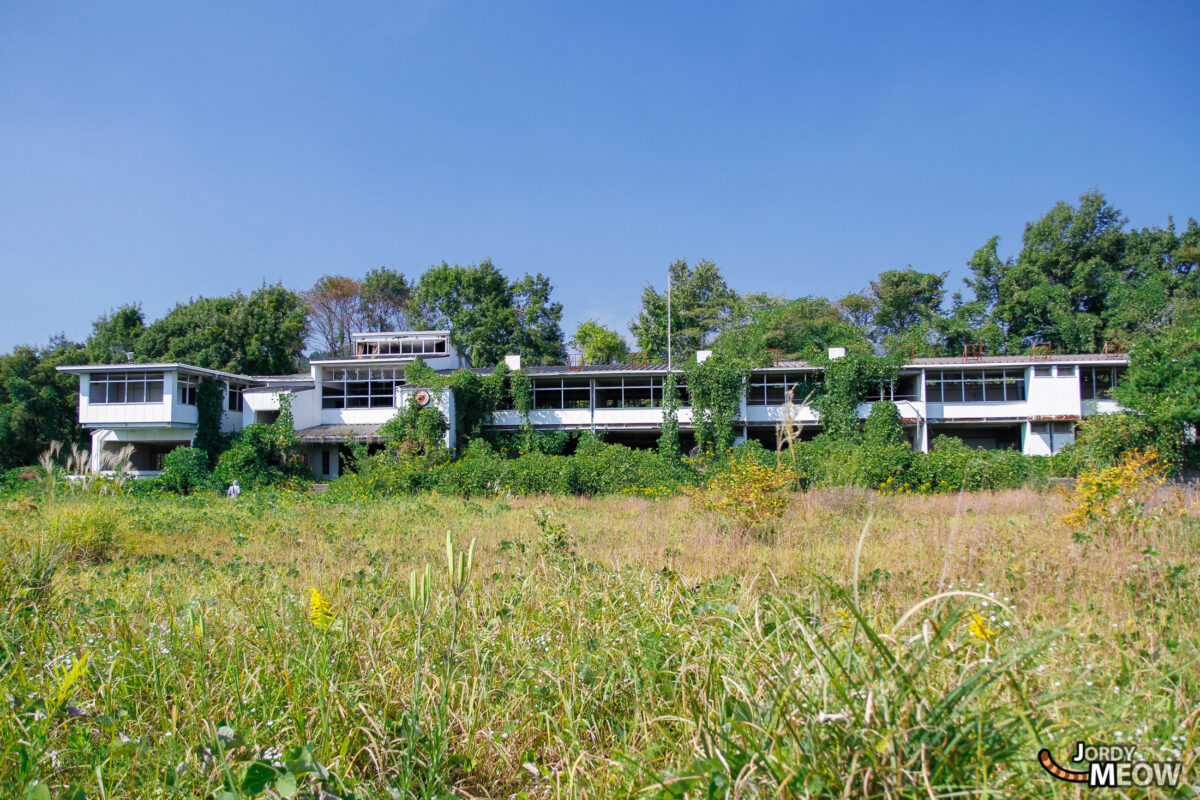
They are 10,000 students in the North-Korean schools in Japan today.
Conclusion
We are in June and I am in a little abandoned school in Mie Prefecture. It is next to the sea, there is a cute harbour and the scene reminds me of Ponyo. My friends are visiting the inside of the school. I am patiently waiting outside, half-asleep.
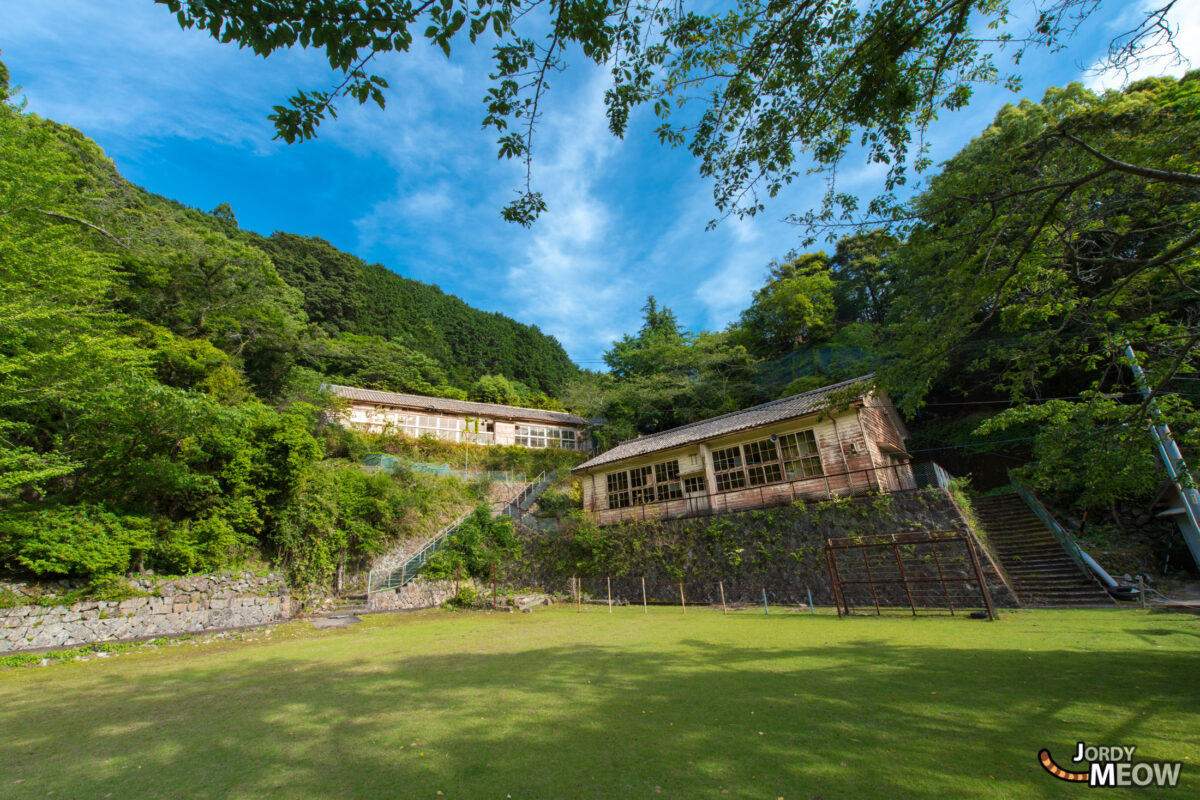
An old man is walking-up the stairs to the school and I start to worry for my friends. Will the old man be furious about our break-in?
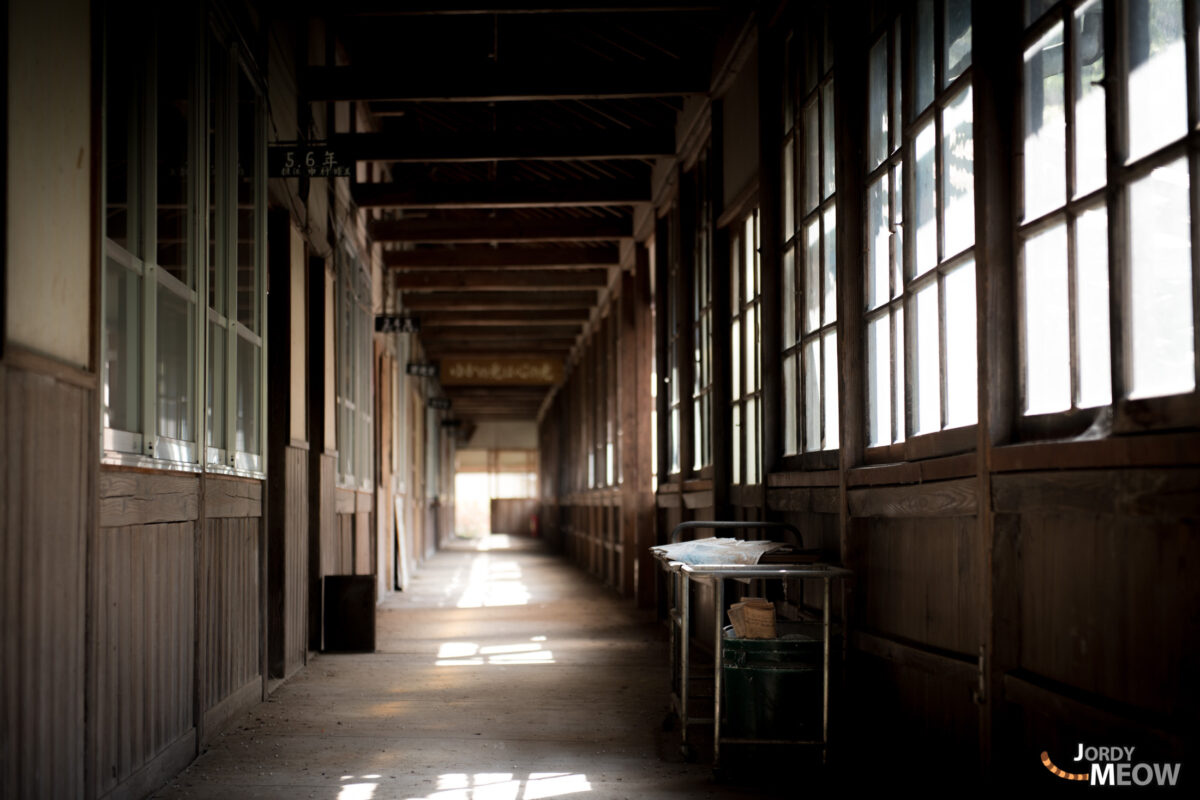
Actually, not at all. He is really happy about it. My friends come out of
We come back to our car and his wife calls us: “I made
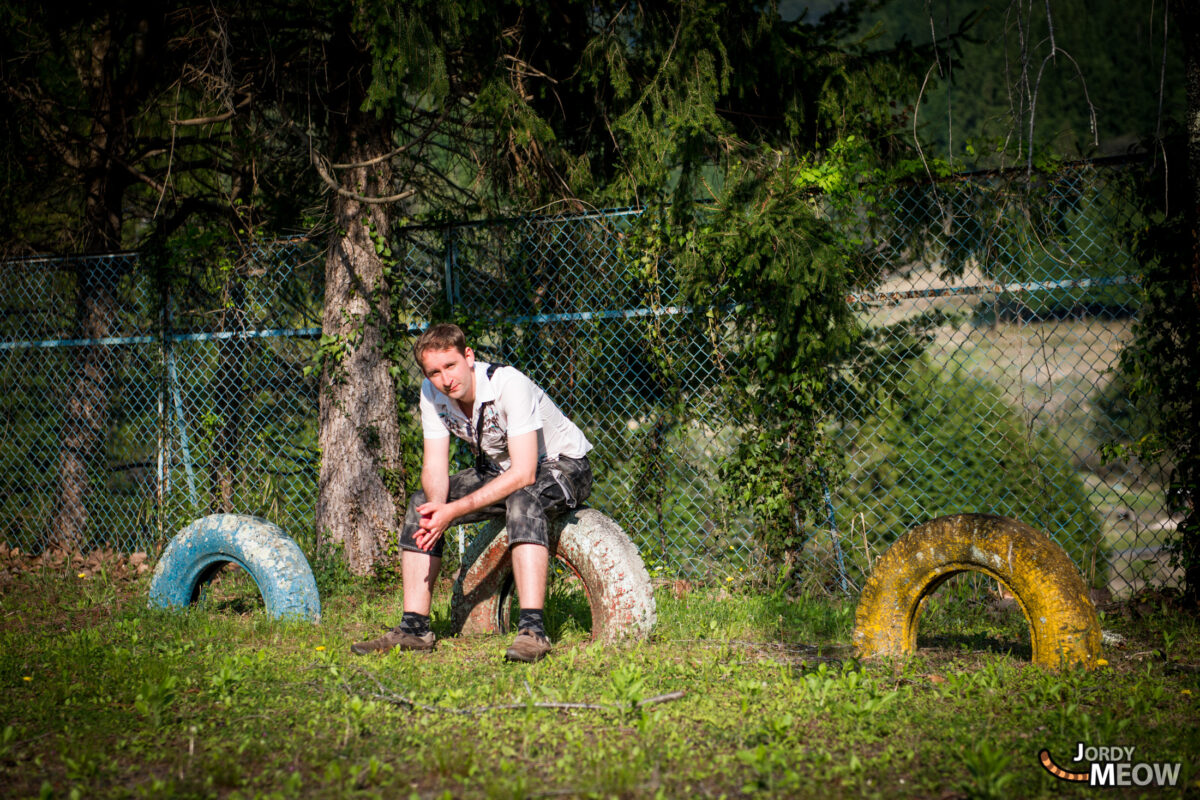
Well, my stomach is empty, but my heart is, for sure, really filled with happiness.
And for more awesome content about Japan, follow Jordy Meow on Instagram ! 🎵

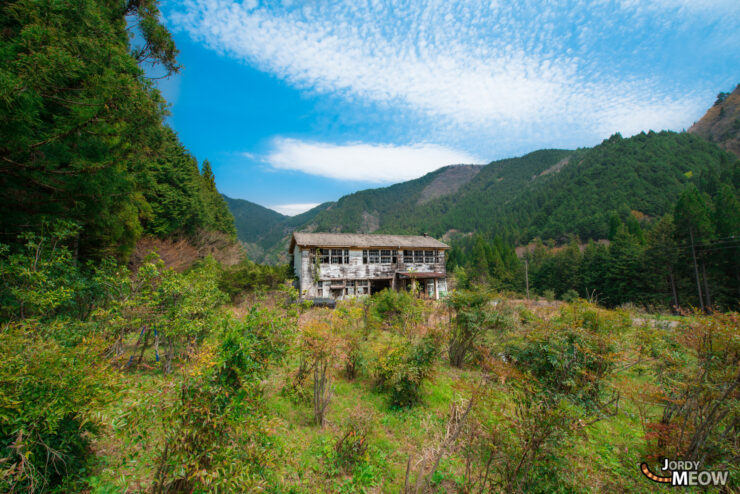
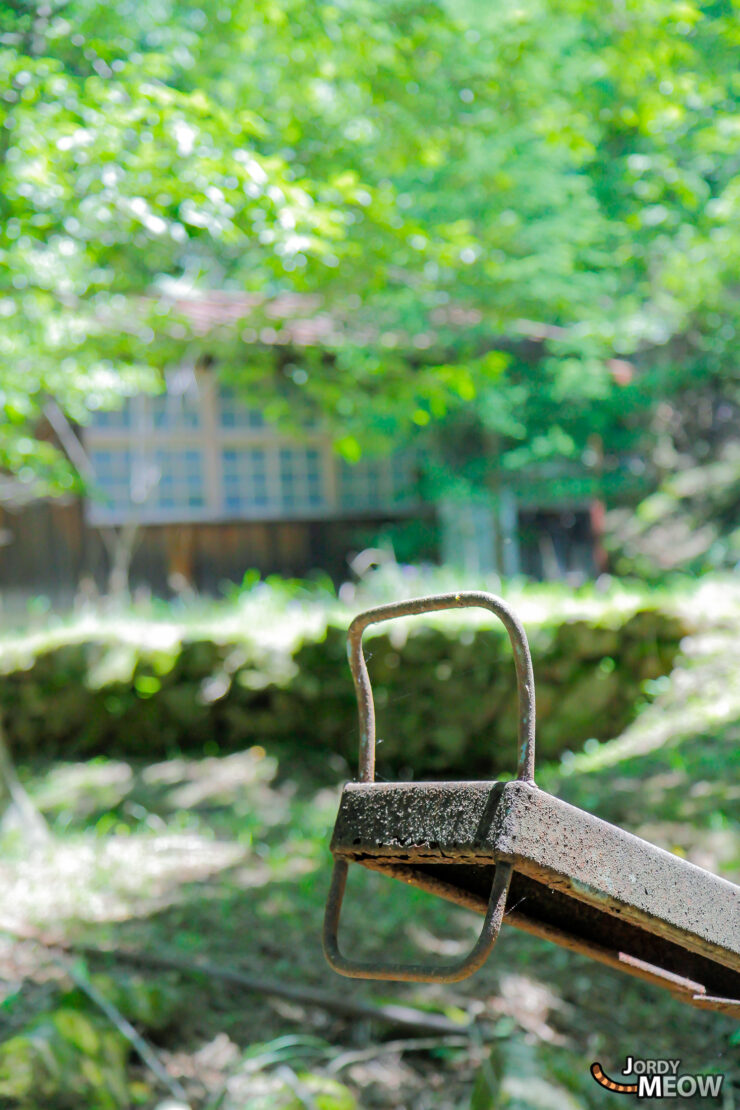
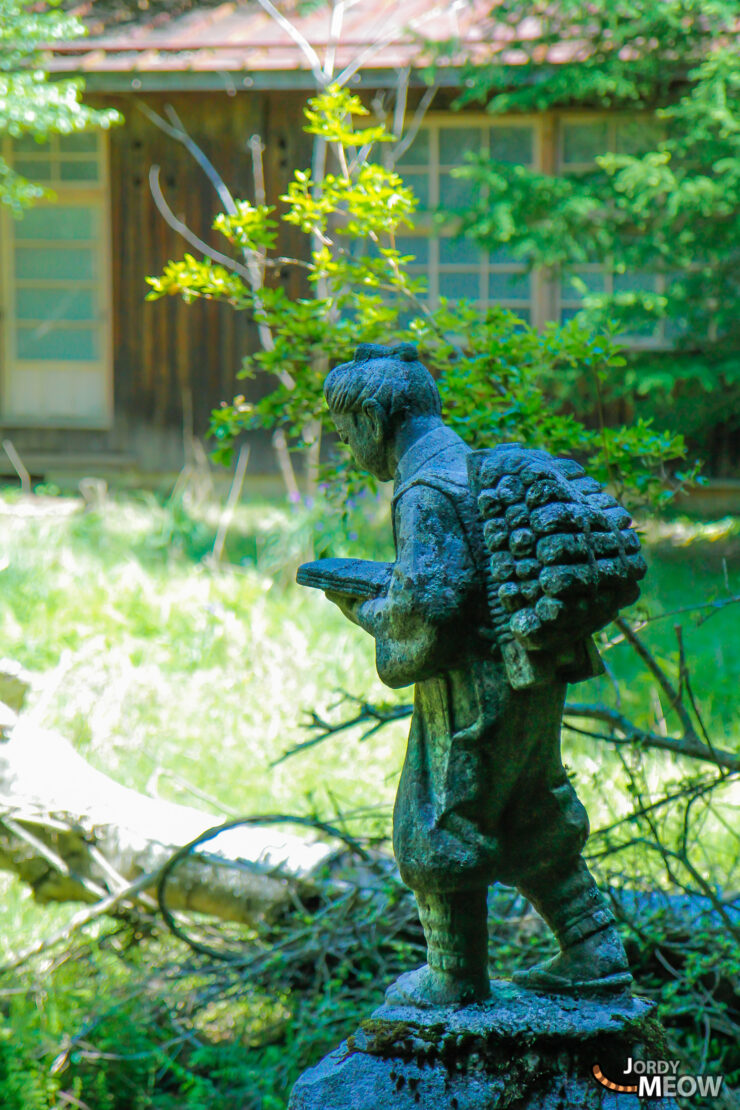
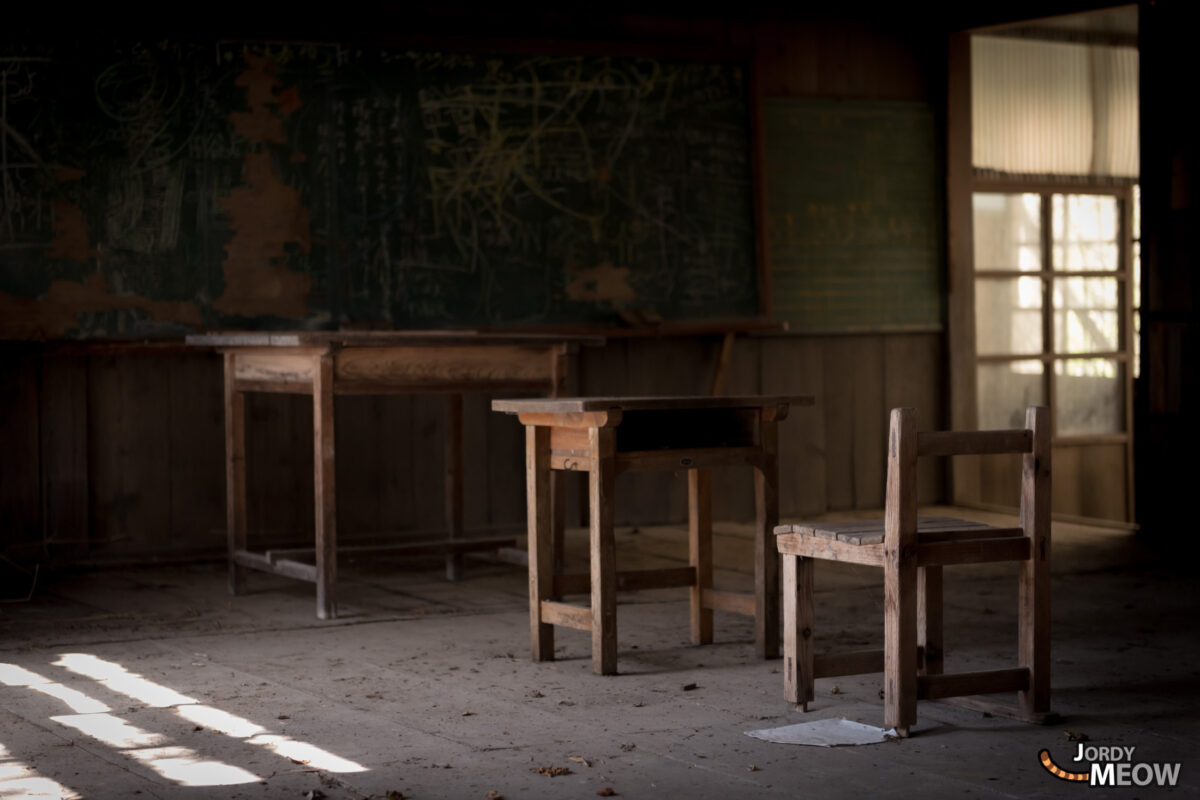
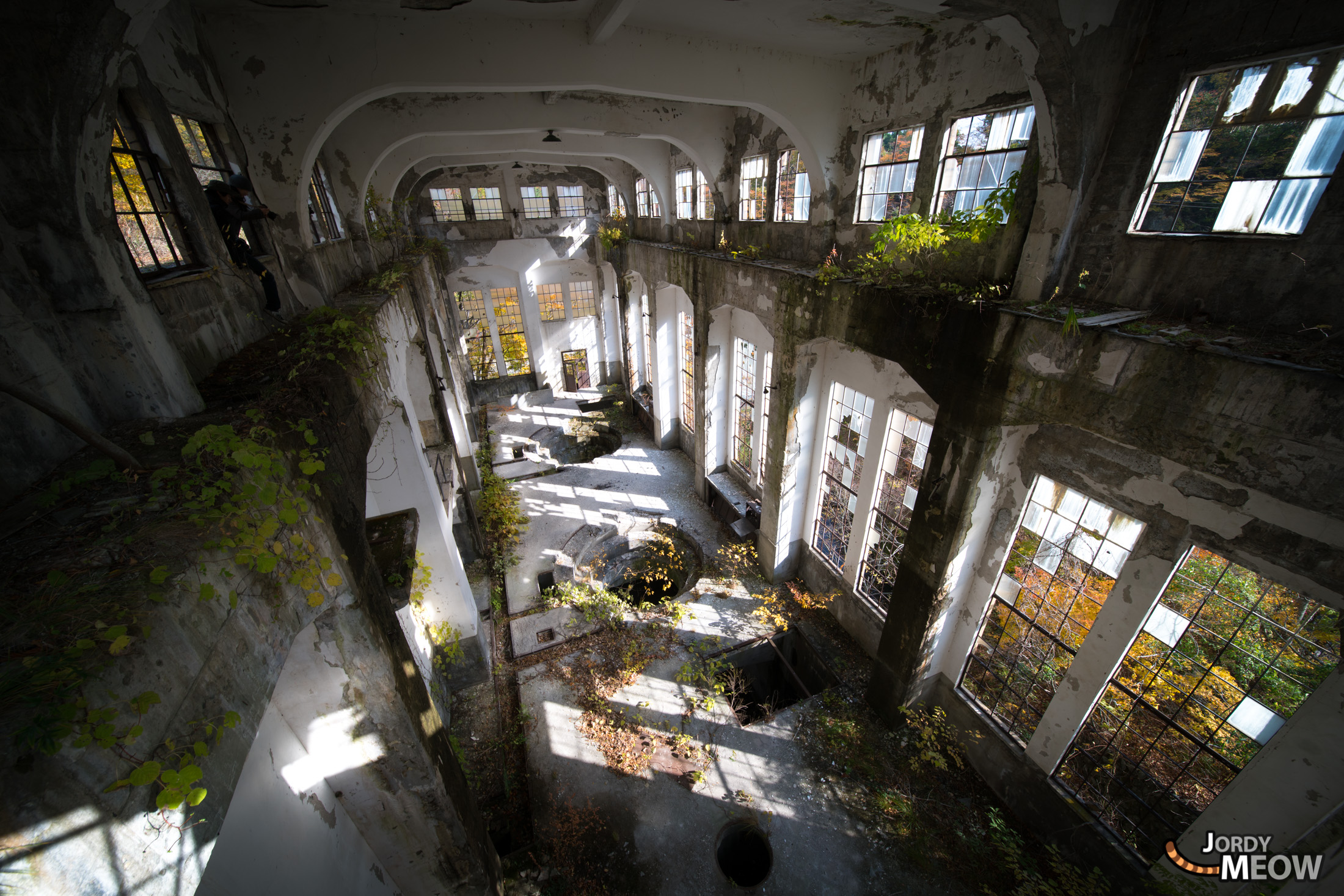

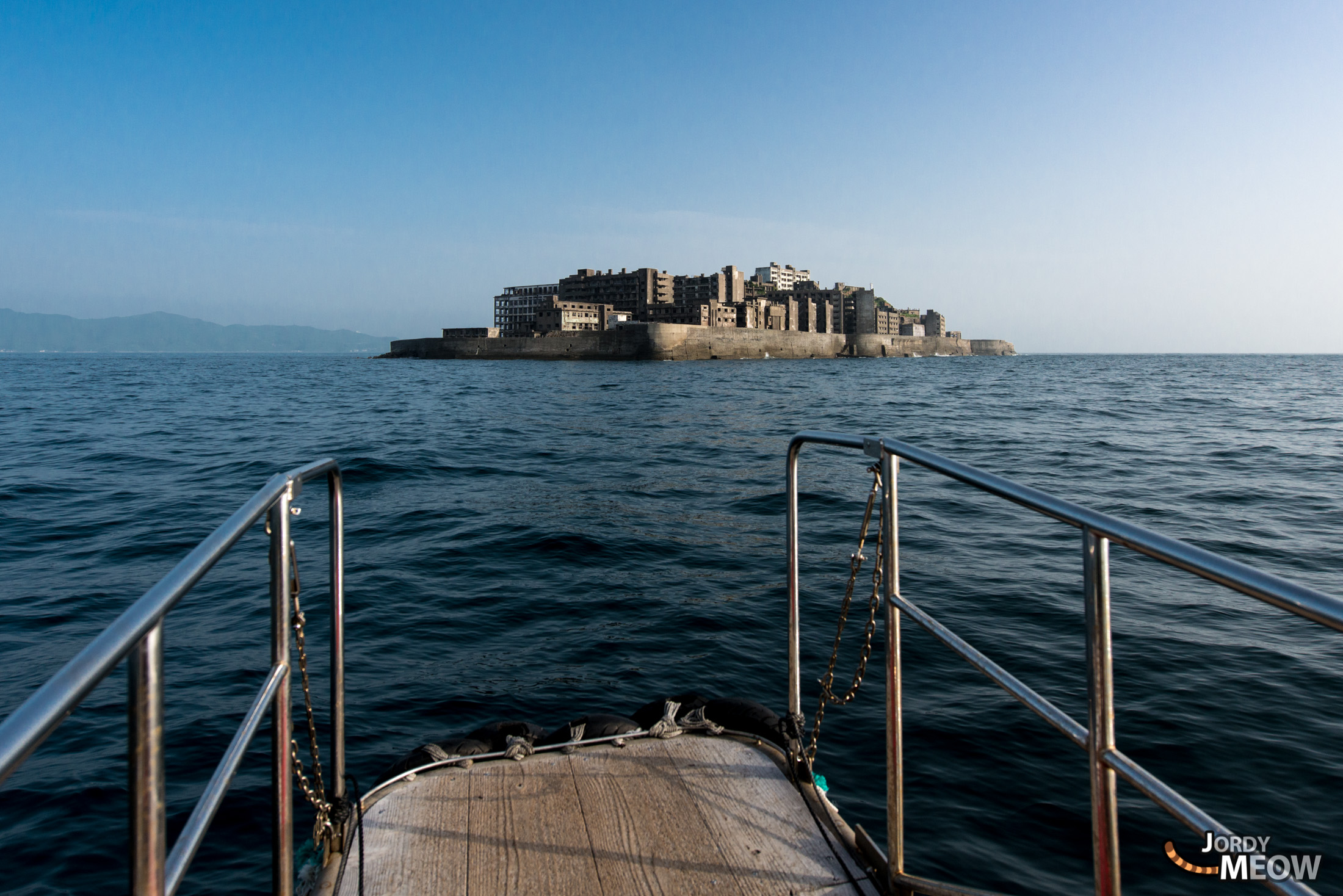
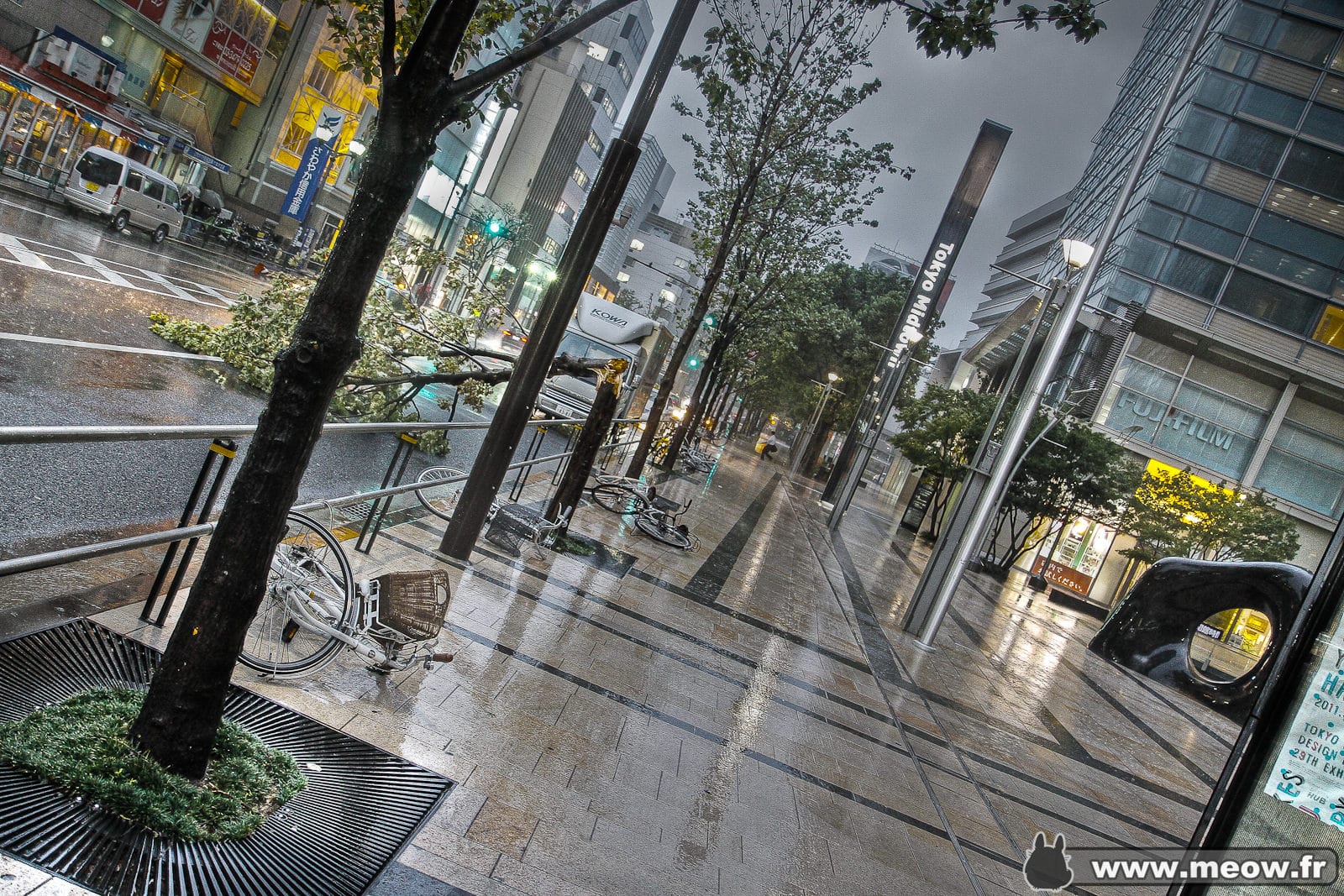
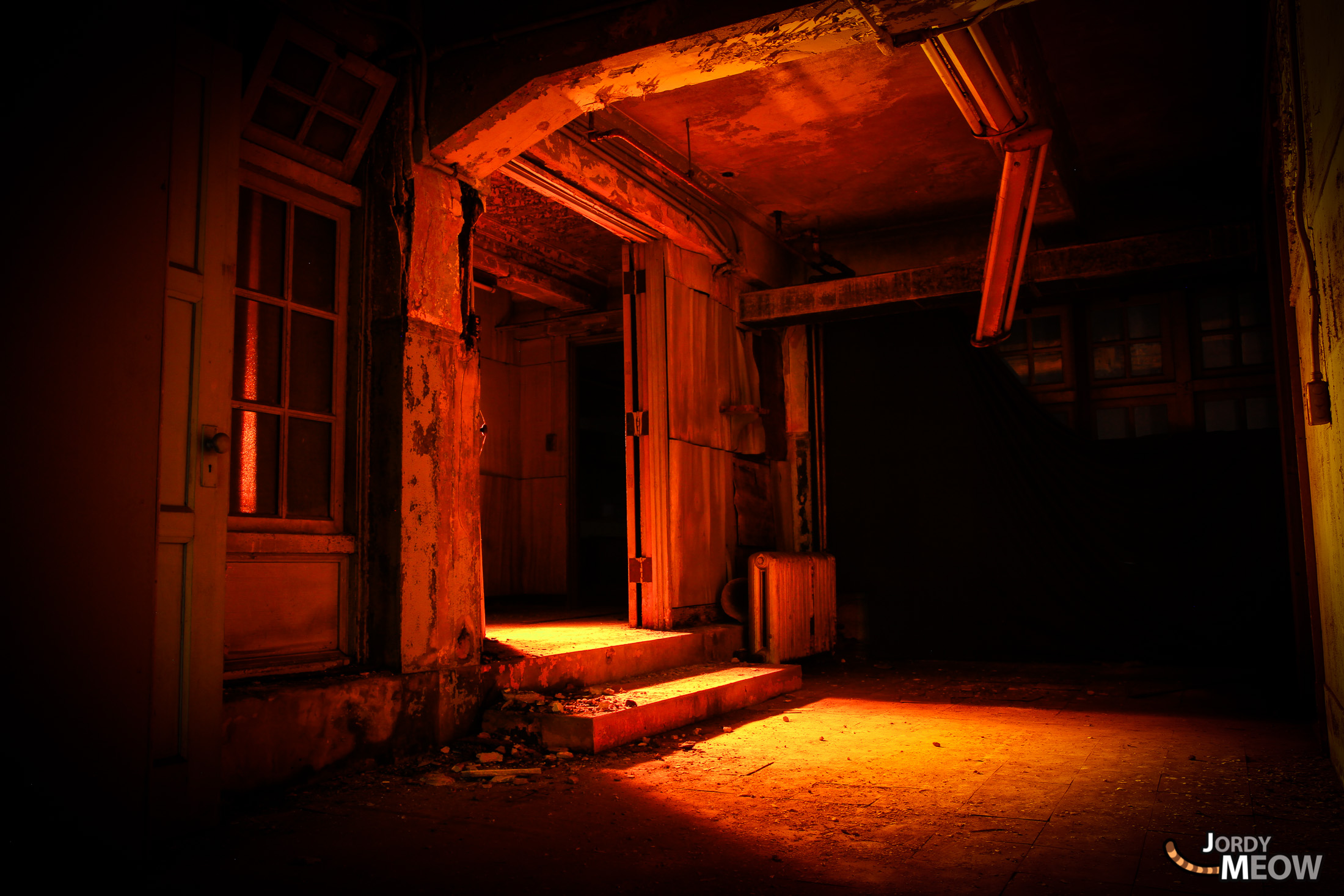












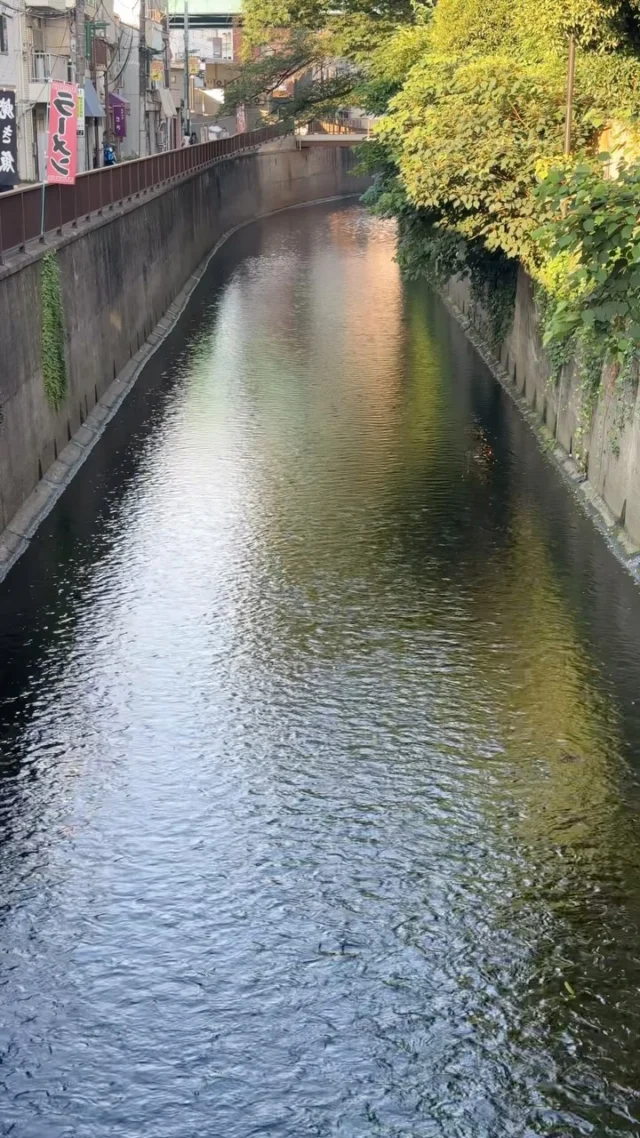
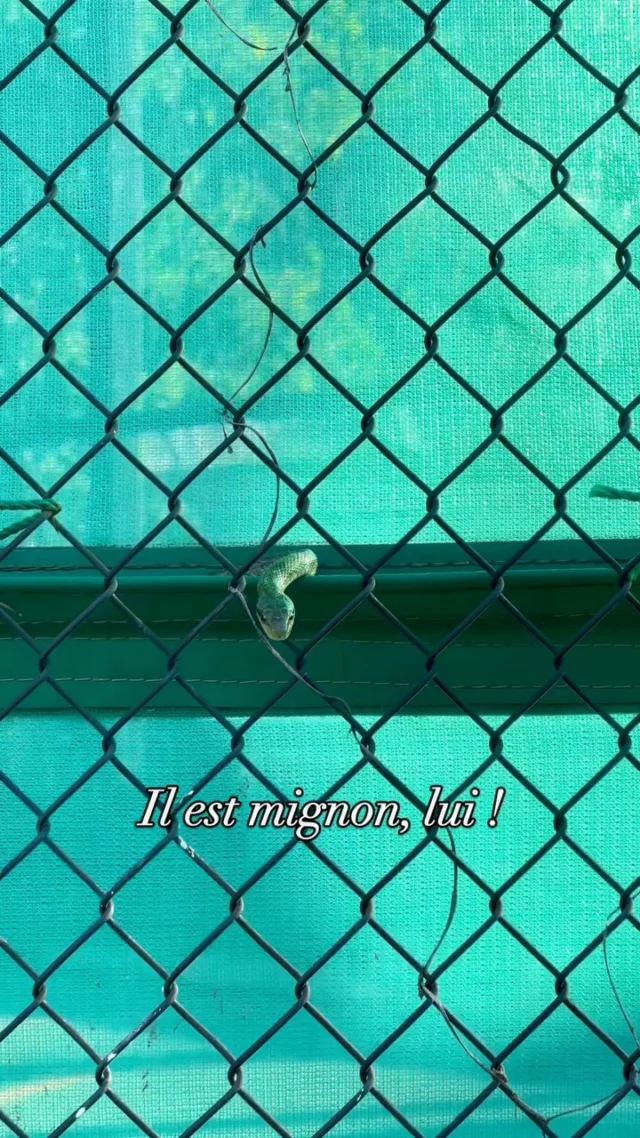
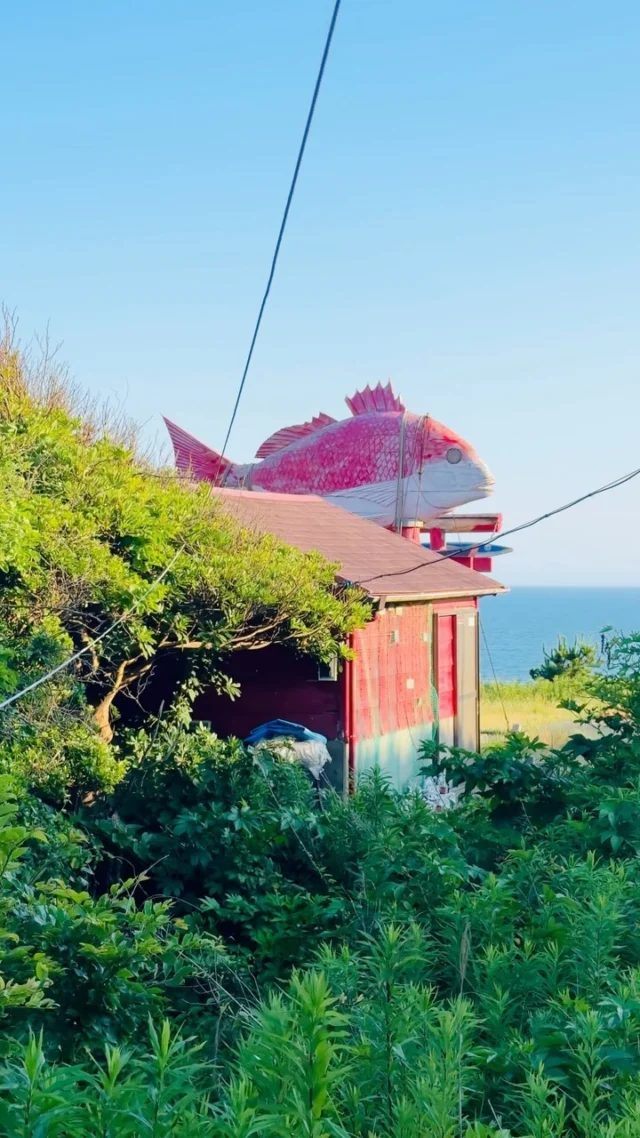
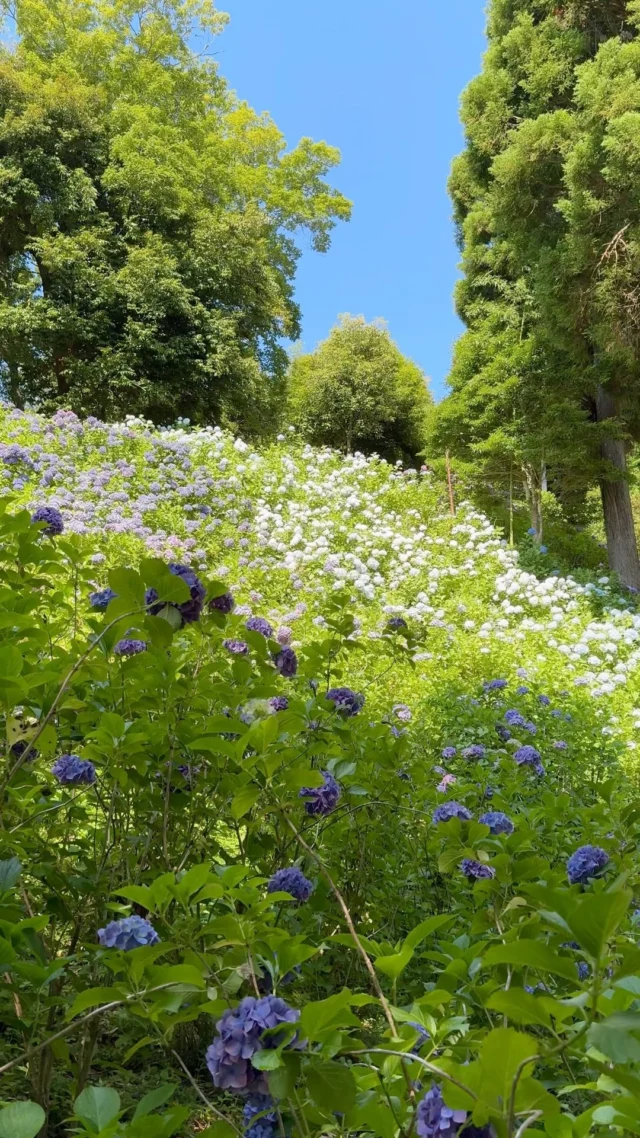
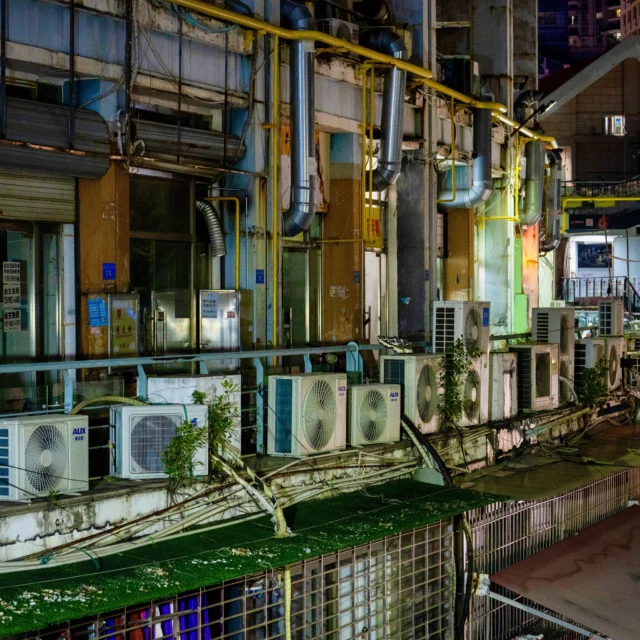
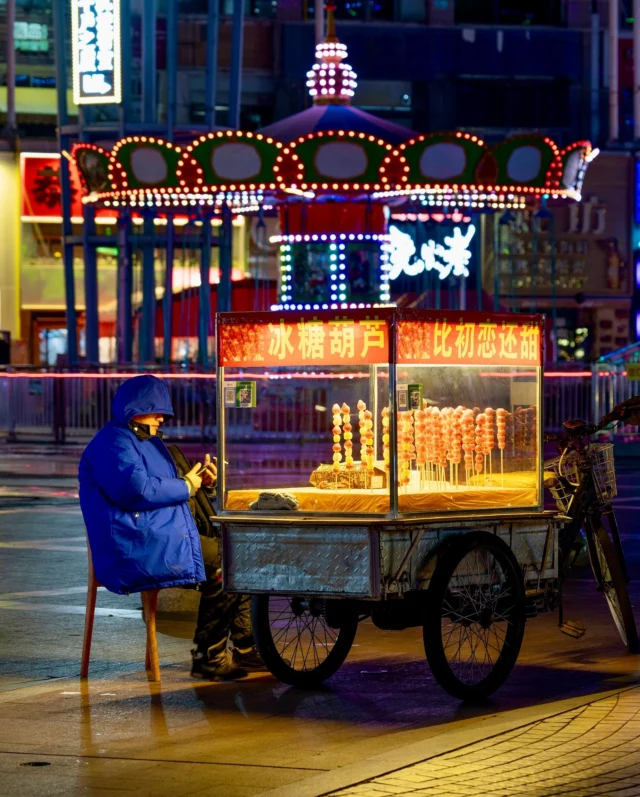
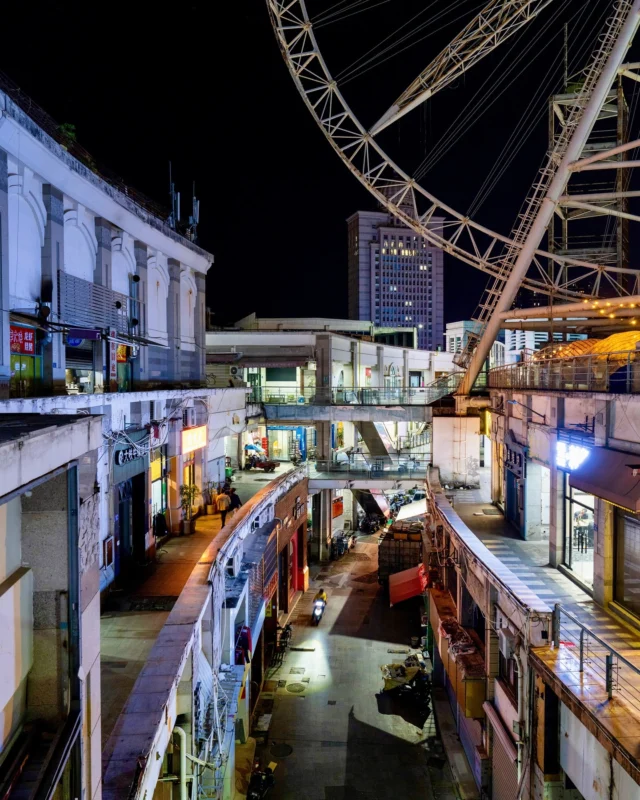
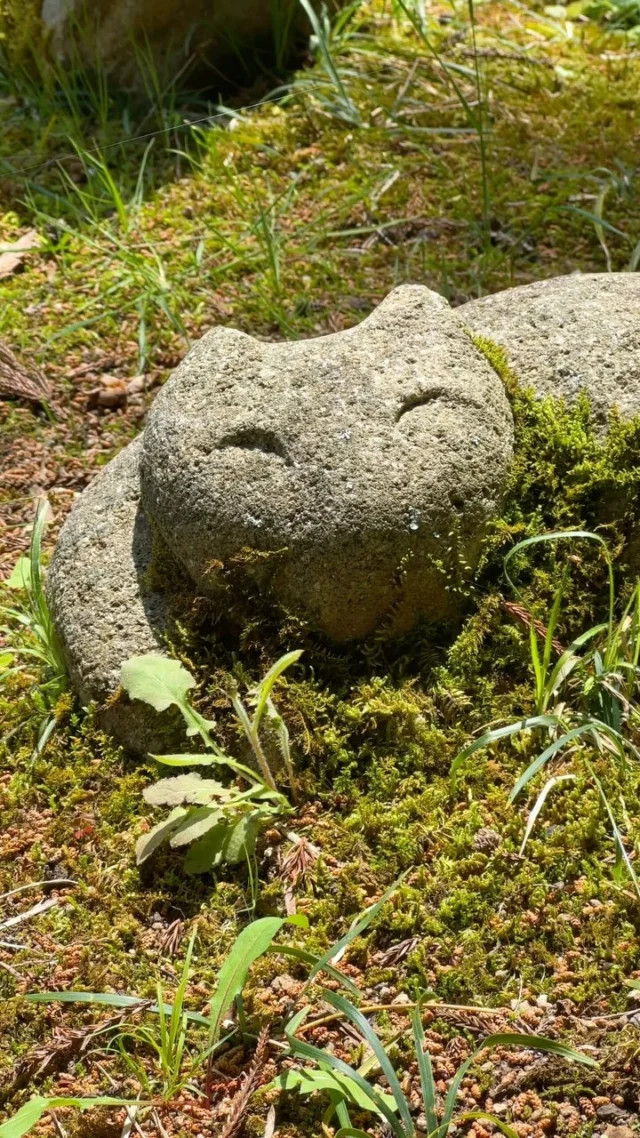
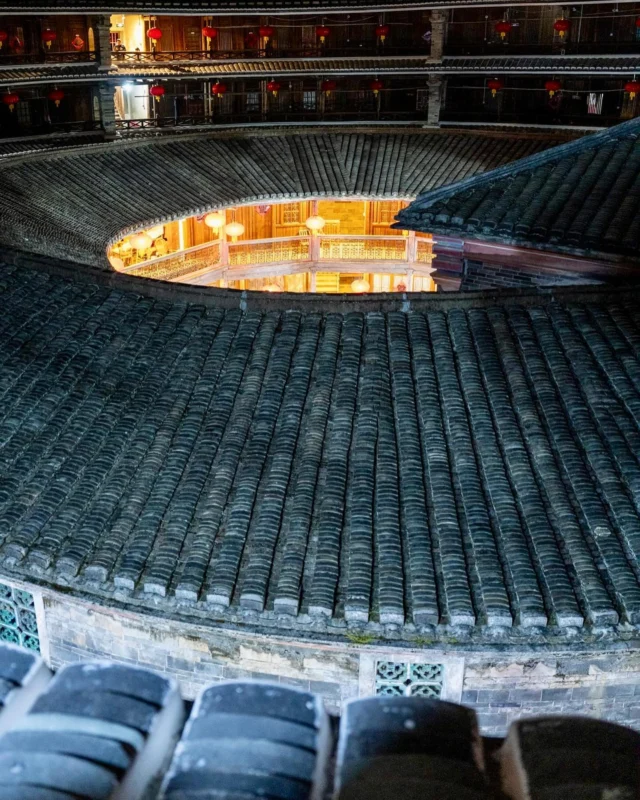
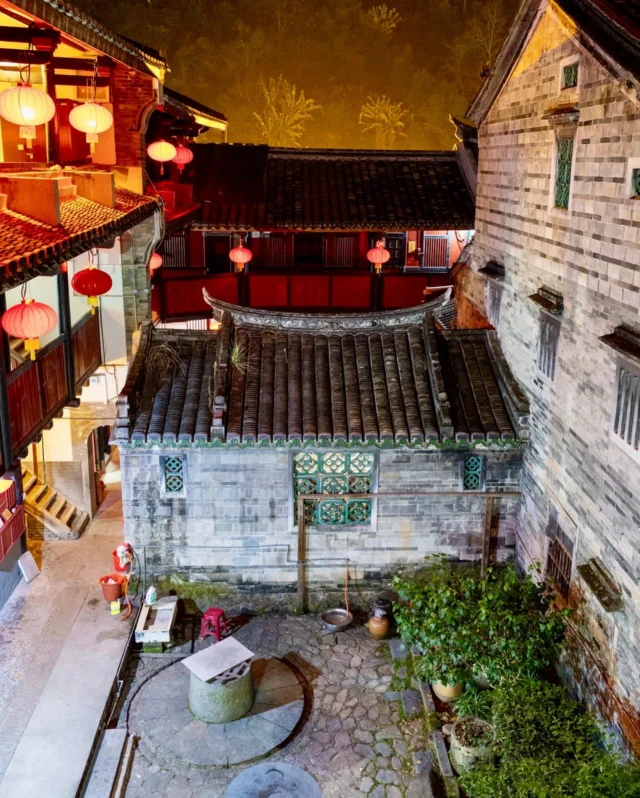
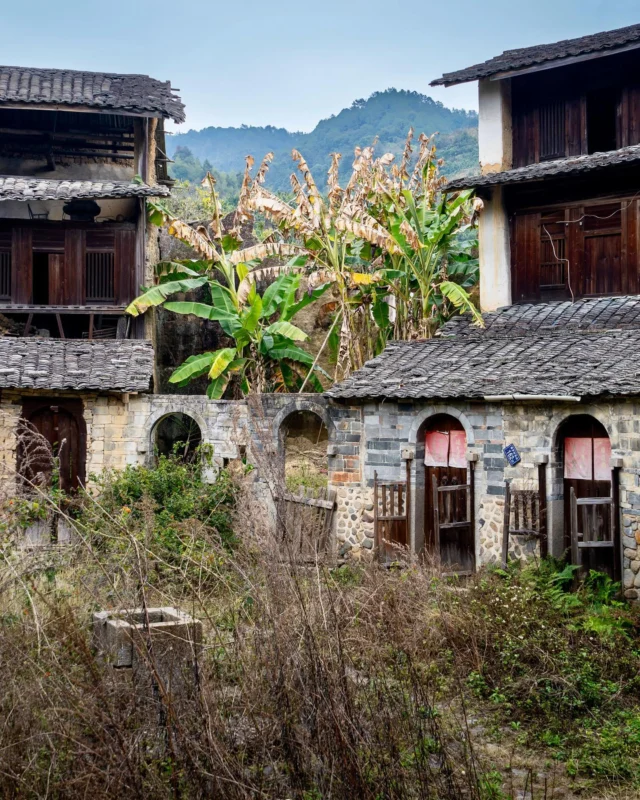
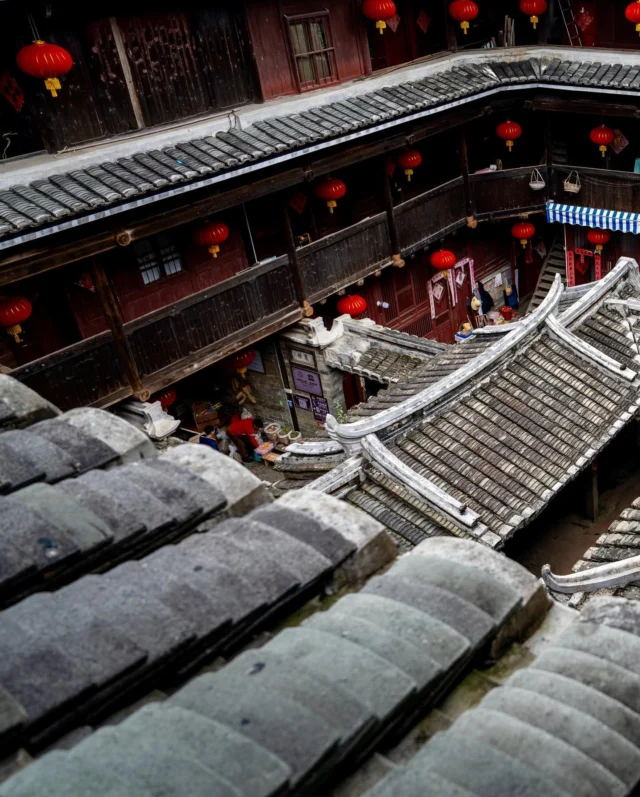
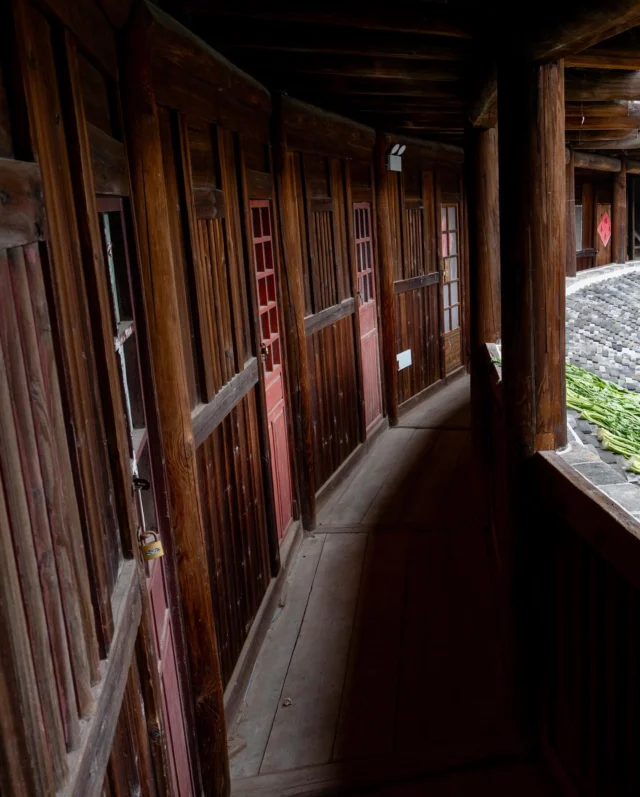
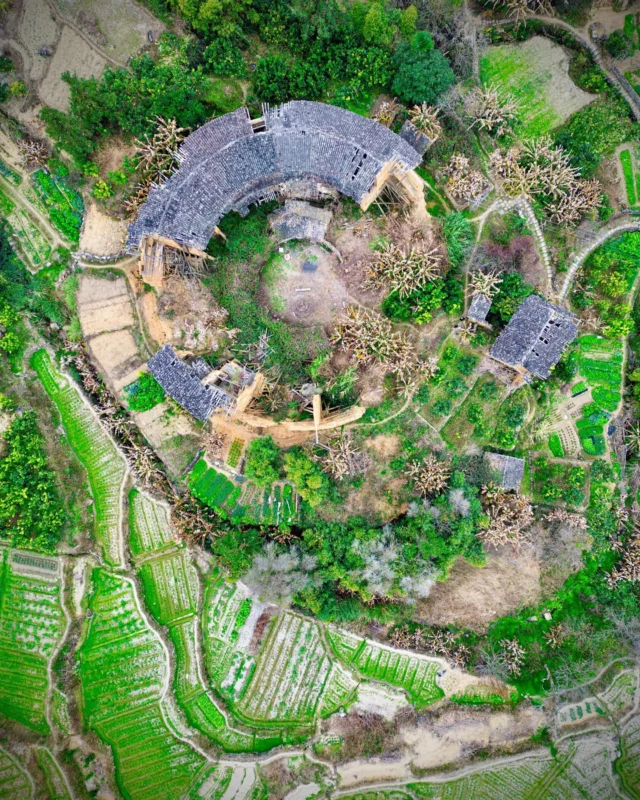
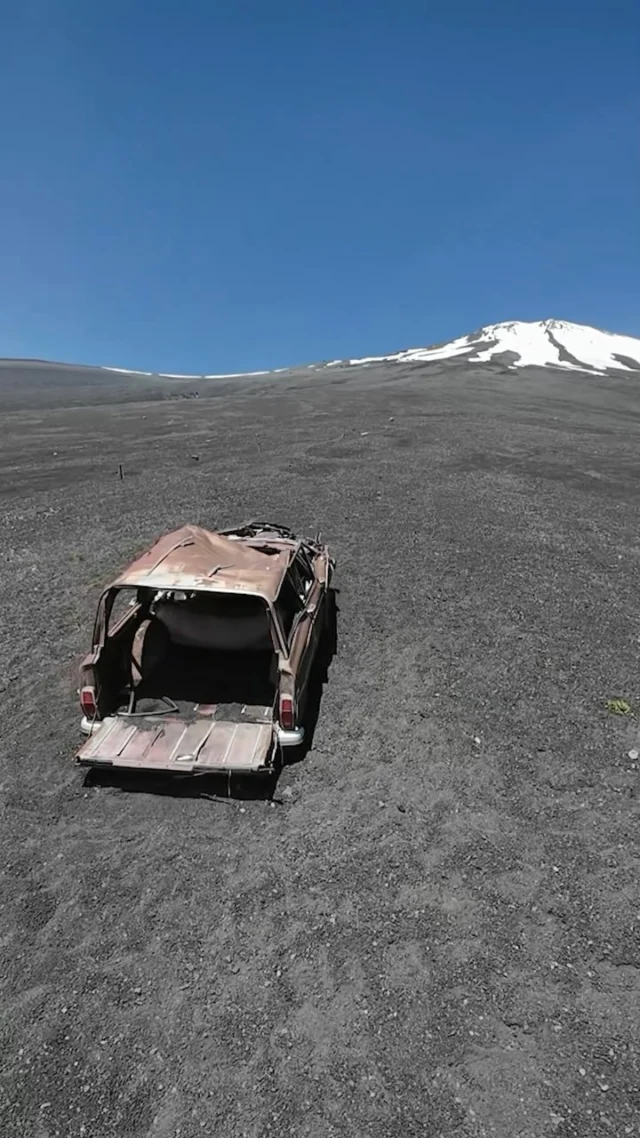
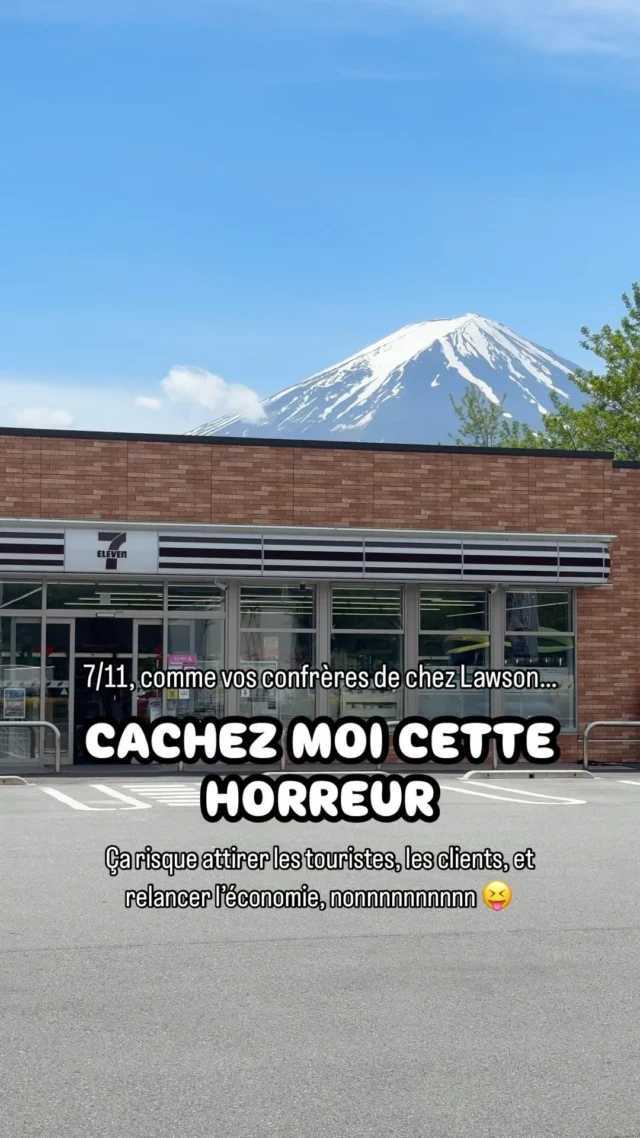


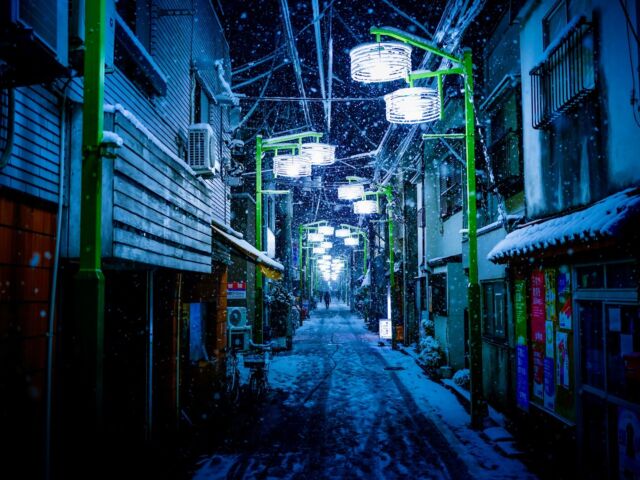
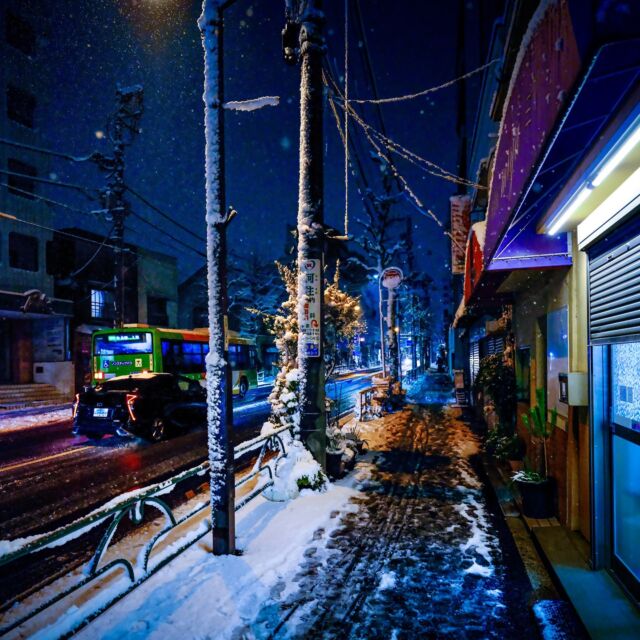
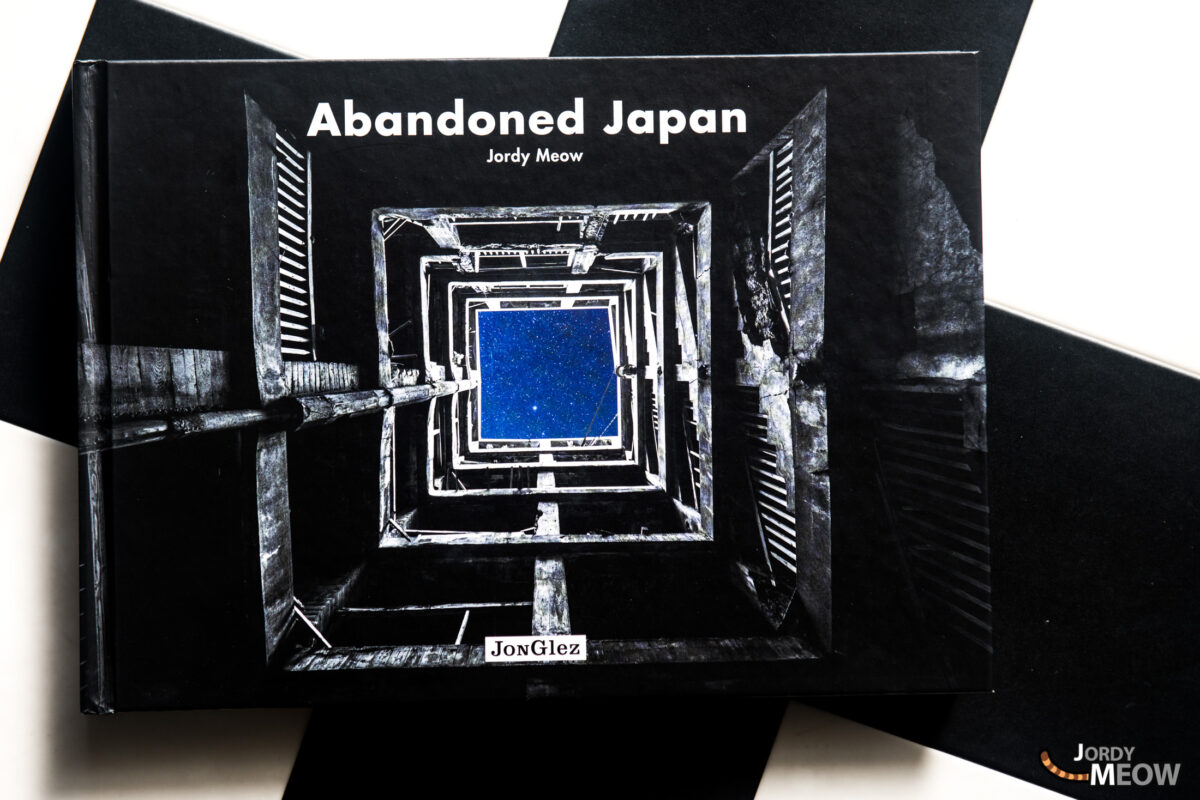

















Nice pictures! would you please share the location of the school below 出る釘は打たれる ?
Nice pictures! would you please share the location of the school below 出る釘は打たれる ?
Sorry, no locations are shared on the website, except if they are really popular.
That’s pretty lame and ignorant, wasnt the reason you found them in the first place that someone else shared?
So this page is basically a large ego-booster…
If those places were shared with everyone from the start they wouldn’t be here today. Or everything would have been stolen and trashed. Those places have no way to defend themselves anymore and people try very hard to keep the information concerning their location private. It would be lame and ignorant to put all the maps online…
Well I dont think they would. There are too many locations and too few persons who have time and interest to even visit, much less travel there just to smash or steal – especially not in japan. I already know of a few locations, many which were available by searching for “urban exploration japan” on Google. Google Maps even have Hashima and other locations indexed. Although I understand your concern better now I think your fears are a bit unfounded.
Check my articles about abandoned hospitals in Japan and pick the most interesting photos. Would be probably the ones with the little ancient jars. All those have been stolen recently by a antic dealer. The guy called a few urban explorers in Japan directly and finally got the information. That’s only one example.
Even if it was true, how would you be able to confirm such a thing? Though maybe I think I’m too naive, and you might be right.
We are many groups of people visiting those places and we are always in contact with each other. We exchange the information we have and talk about those issues.
We also get a lot of emails from people interested in those places and among them there are many graffiti artists and antic dealers. Most of the time they don’t even hide their real purpose because they think it would be totally fine to alter those places.
Yes, you should keep the information to yourself, or only share with people/groups that demonstrated a shared view on the conservation of these places.
And it also adds to the pleasure if people have to investigate to find them!
Such a sweet ending, very poignant.
Like every place in the world is filled-up with memories… and it is nice when some people around are still standing and willing to share them.
Wonderful. Thanks for an amazing journey into the past.
Thanks Mark, you are very welcome 🙂
I really enjoyed your photographic journey and the story behind it as well. Many thanks!
Thanks for reading everything 🙂
Really nice! Thanks for share it with us.
You’re welcome ^^
This is pants poopingly amazing!
Haha, well, thanks!
I really enjoy your pictures of old abandoned places along with your stories about them, I can picture in my mind how they were long time ago. Even when abandoned they’re still beautiful and magical with that perfect hint of mystery that evokes the lost memories. I particularly loved this post and the story of the old man and his wife – what a lovely couple and sweet heart of the man keeping the school all tidy; the story itself calls for a movie! ^.^ Thanks again for sharing and for keeping these places incognito, I believe that if it’s meant to be, the person will be at the right place at the right time, otherwise that place never existed in that person’s life 😉 Keep up the good work and looking forward for more photos and stories! 🙂
Thank you, I will 🙂
Some of the classrooms are in immaculate condition. I love the wooden façade of the school in the snow.
That’s because they are actually not properly abandoned 🙂
Hi there –
J’ai passe deux ans dans la prefecture de Kochi, sur l’ile de Shikoku – c’est la partie du Japon le moins peuple, et bien sur avec le moins d’enfants. J’ai enseigne l’anglais (plus ou moins) dans un petit chugakkou qui comptait 23 eleves…
ce qui m’a impressionne le plus, c’etait la decouverte que sur un rayon de 25 kilometre de chez moi, j’ai trouve 6 shogakkou / chugakkou abandonnees, mais a la difference des votres, toutes etaient en tres bonne etat, bien entretenues, toujours pretes a acceullir un jour des enfants, si jamais il y en aura.
J’imagine qu’il y a de dixaine de milliers d’etablissements scolaires abandonnes au sud de japon.
http://v-hongawa.com/con5/e_gallary/01.htm 高知県いの町本川地区越裏門小学校小学校
A l’entree de Erimonsyougakkou, il y a une drapeau qui proclame: “Bienvenu a mon ecole” – eh oui, a la fin il n’y avait qu’un eleve, un petit garcon dont j’ai fait la connaissance plus tard.
Trop d’ecoles, pas assez d’enfants… Et figurez-vous que juste a cote, en Chine et en Coree du nord, il y a des millions d’enfants qui n’ont pas les moyens financiers d’aller a l’ecole. Si un jour les pays asiatiques arrivent a s’entendre, on evitera beaucoup de souffrance sur la terre.
Bon sejour au Japon, c’est un pays magnifique!
(PS – fautes en anglais, tres peu! – on dit poetry, et non pas poesy. Il n’y a pas de trait d’union pour designer les ressortissants de chaque pays *?North-Korean = North Korean. …Si je pouvais en faire autant, je serais ravi! 😉
James
Australie
Coucou James ! Une école pour un élève, c’est vraiment incroyable. “Only in Japan”! C’est vraiment incroyable le nombre d’écoles vides au Japon, toutefois préservés par les quelques habitants qui habitent toujours à côté. C’est génial que tu aies pû faire parti de cette partie du Japon en disparition, avec ses jolies petites écoles. Tu penses que tu pourrais partager tes photos sur 500px? Je viens de créer un groupe pour cela, ça serait génial de voir ce que tu as vu. C’est ici : https://500px.com/groups/haikyo.
Very nice photos of hauntingly unique subjects with nice captions and stories.
Thanks a lot John! 🙂
I thought it would be horrifying/scary but it gave a nostalgic feeling
Does it remind you of your school time? How was your school? Was it like one of those schools?
Not me but my father. He was looking for it for a while and started recollecting memories. Nice shots!
Hey Jordy! I’m wondering if you could help me finding abandoned schools in Tokyo or any other big cities that have abandoned school facilities?
Hi Rama! Sorry, but my time is rather limited (it’s already difficult to update my website) and sharing with / helping people is a tough job, especially since most of those places are “secrets”. My Japanese friends trust me and I wouldn’t want to do that 🙁
5
sorprendentes imagenes
Hi Jordy! I know you can’t share location names, but I was wondering how you found these places? Were you wandering and just came upon them, or did you hear about it from others?
4.5